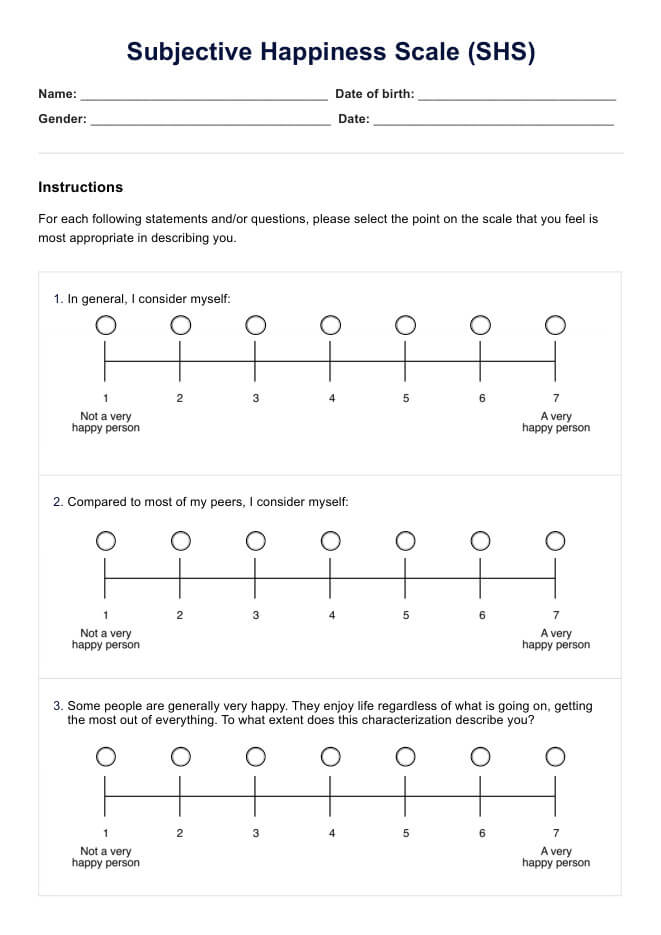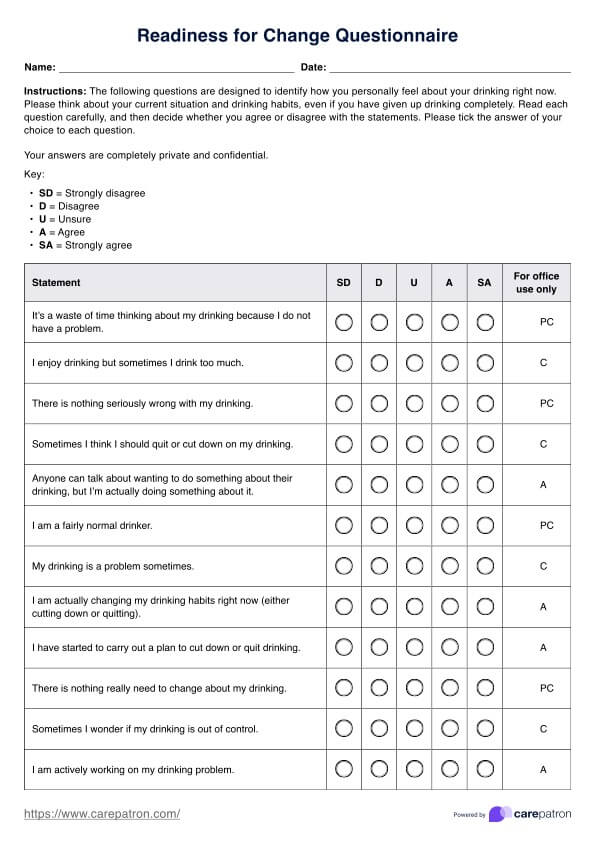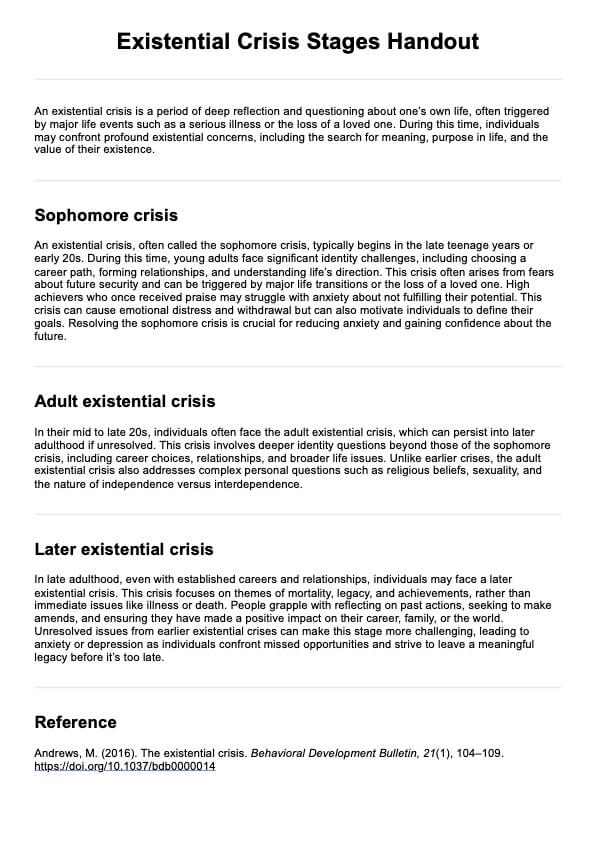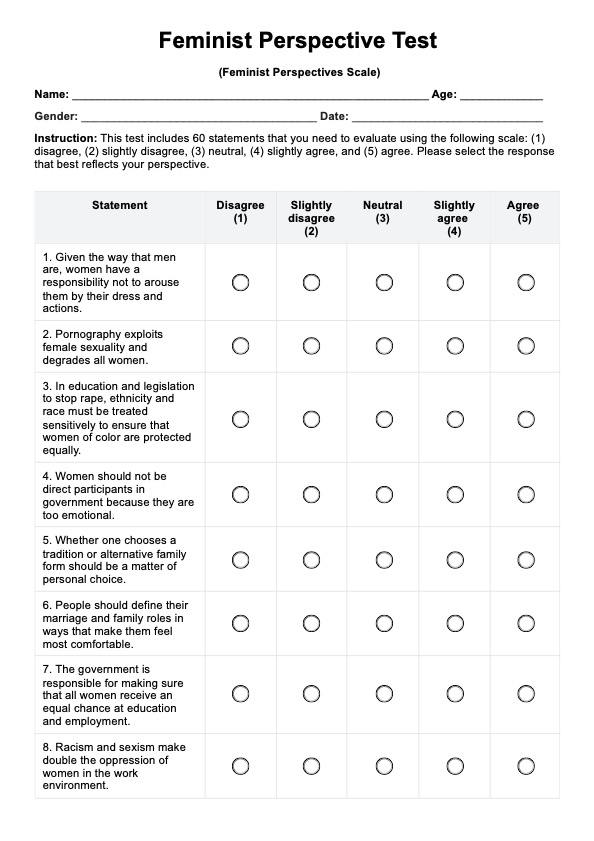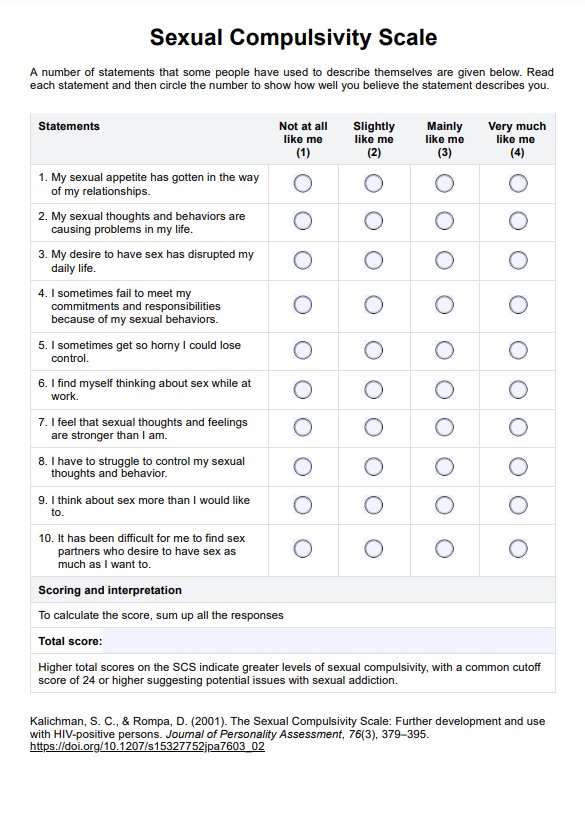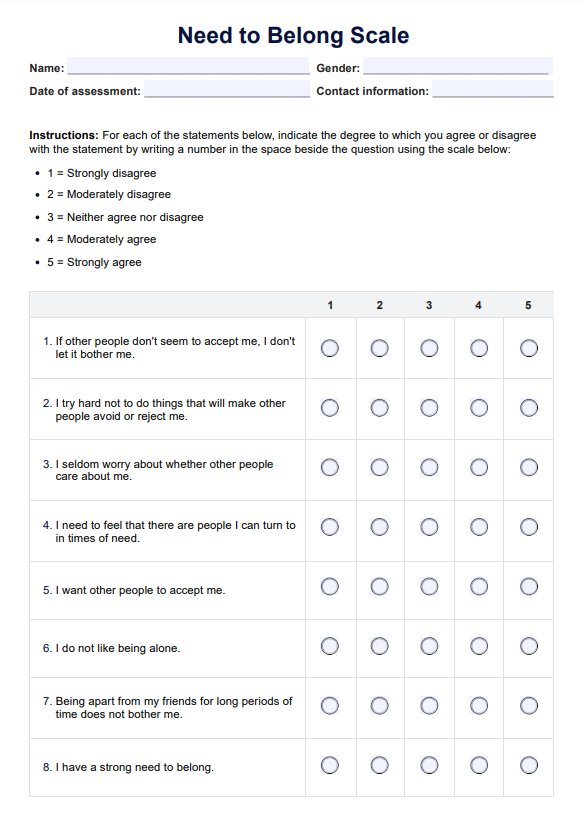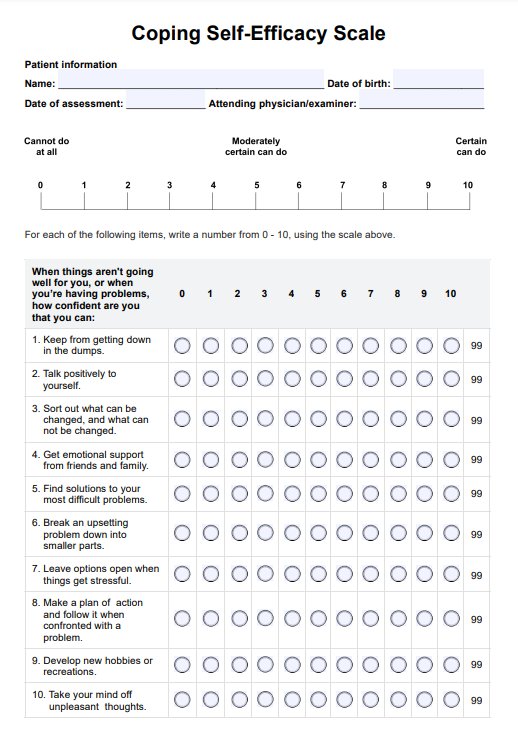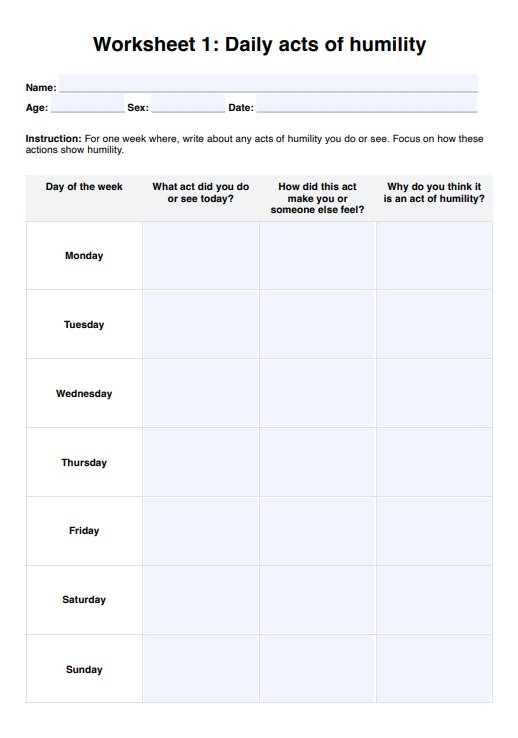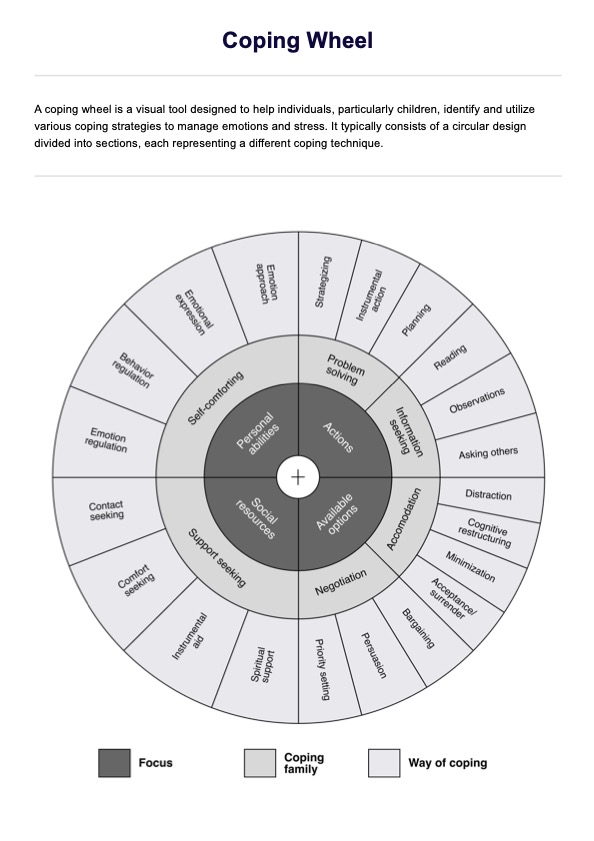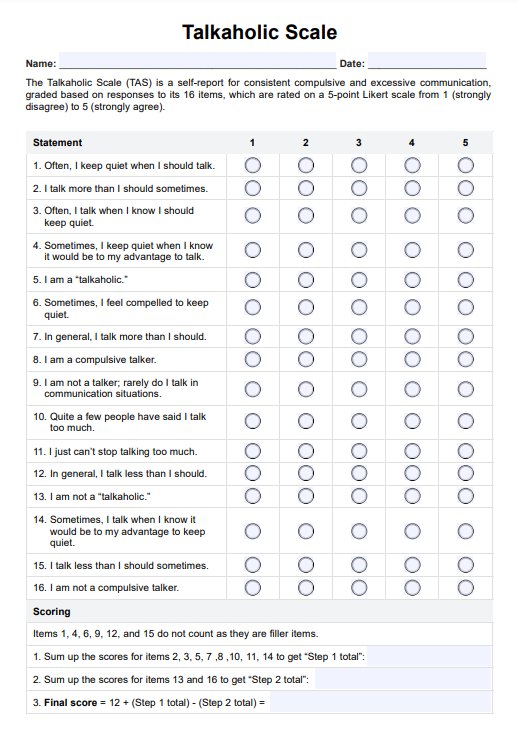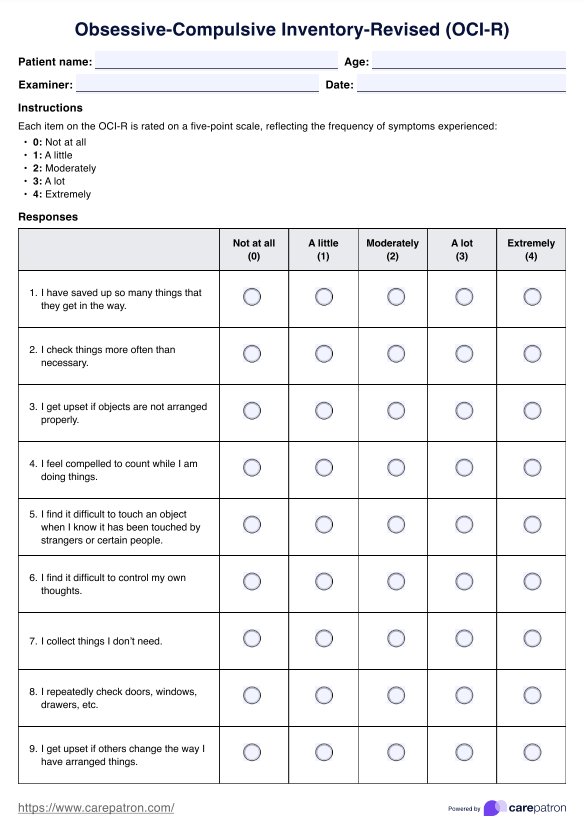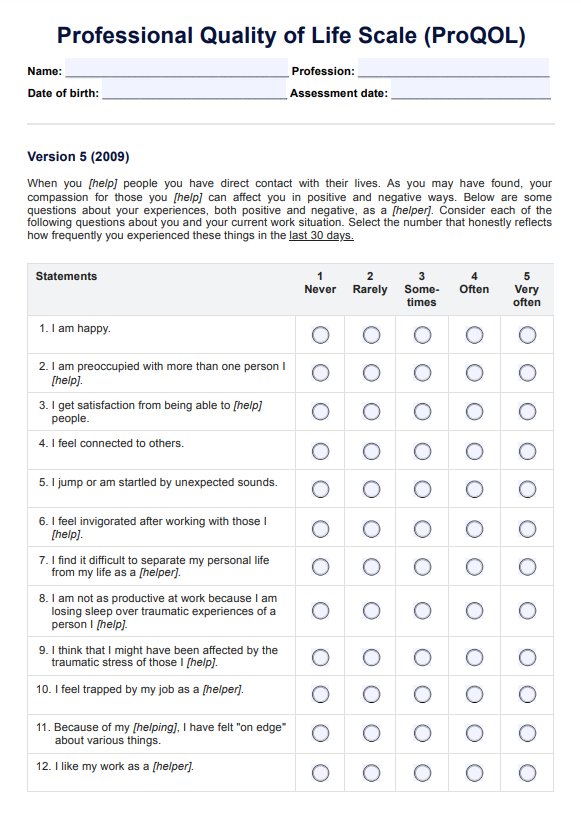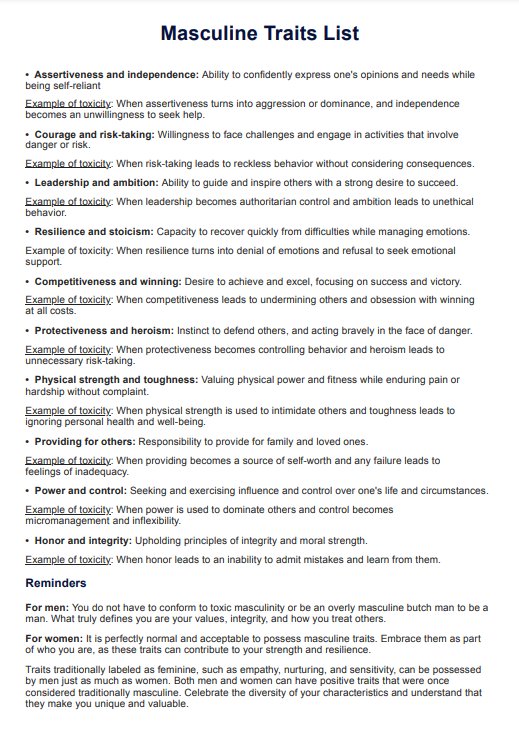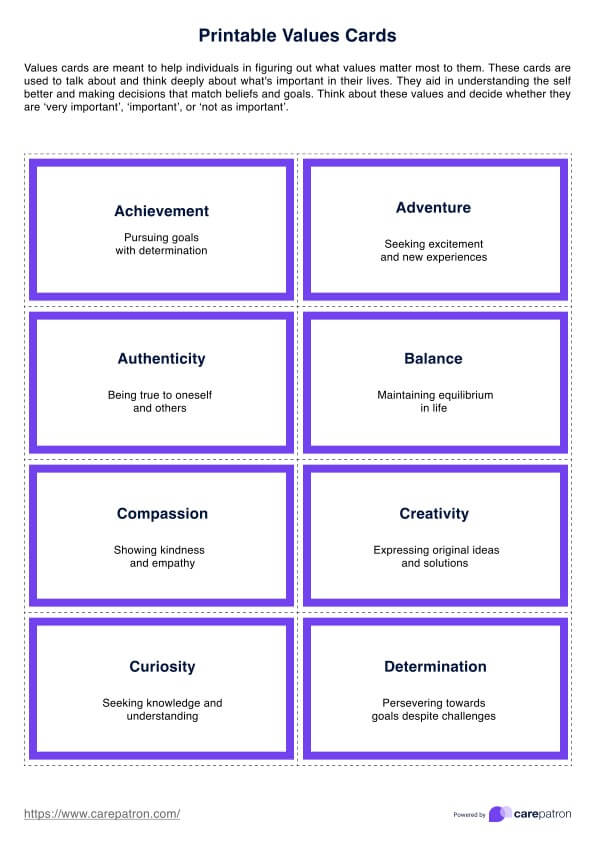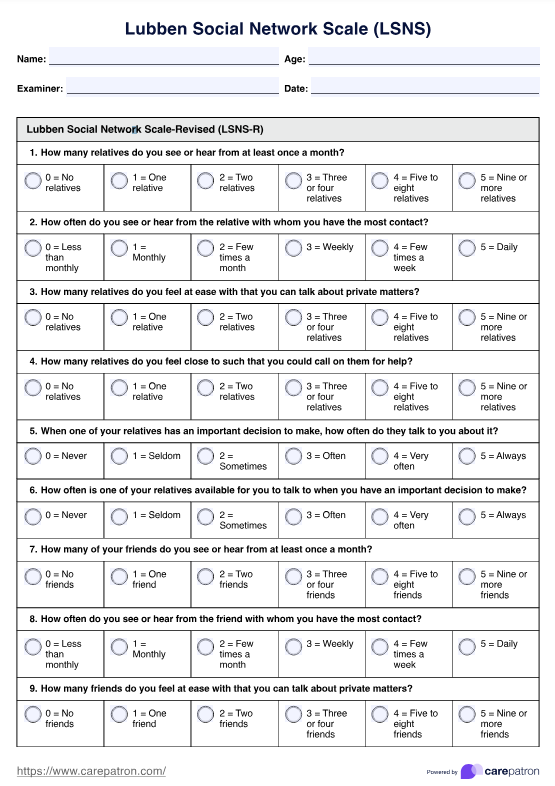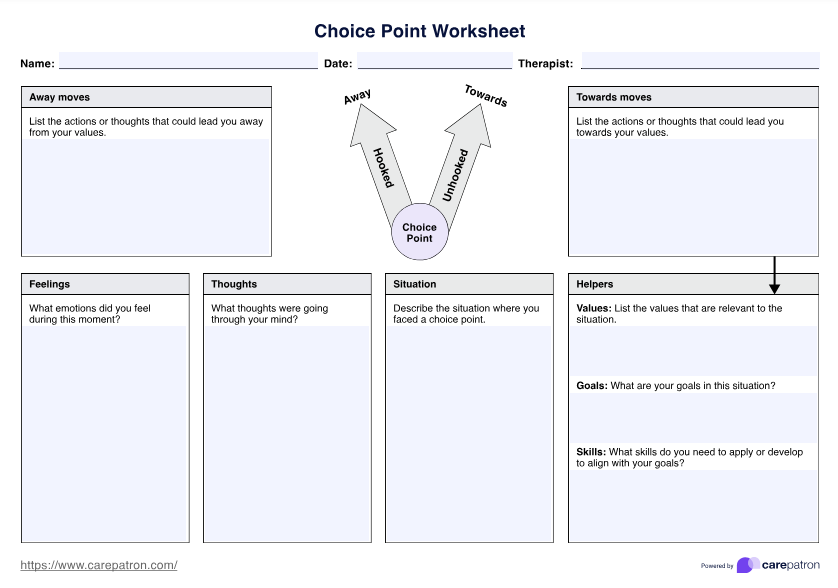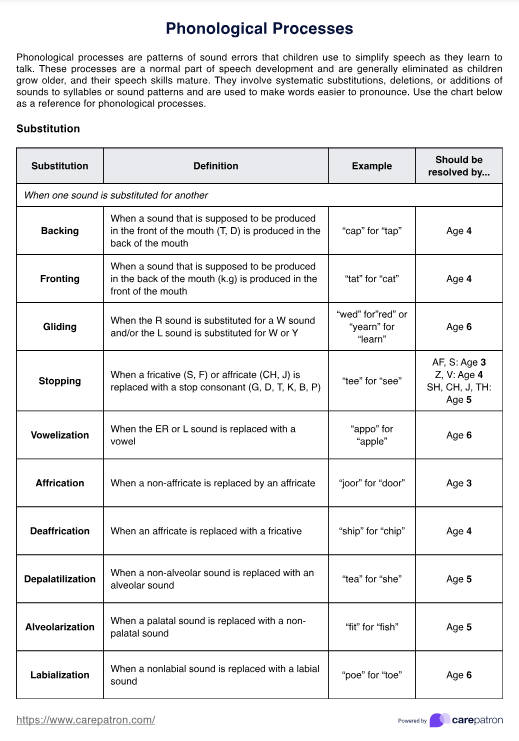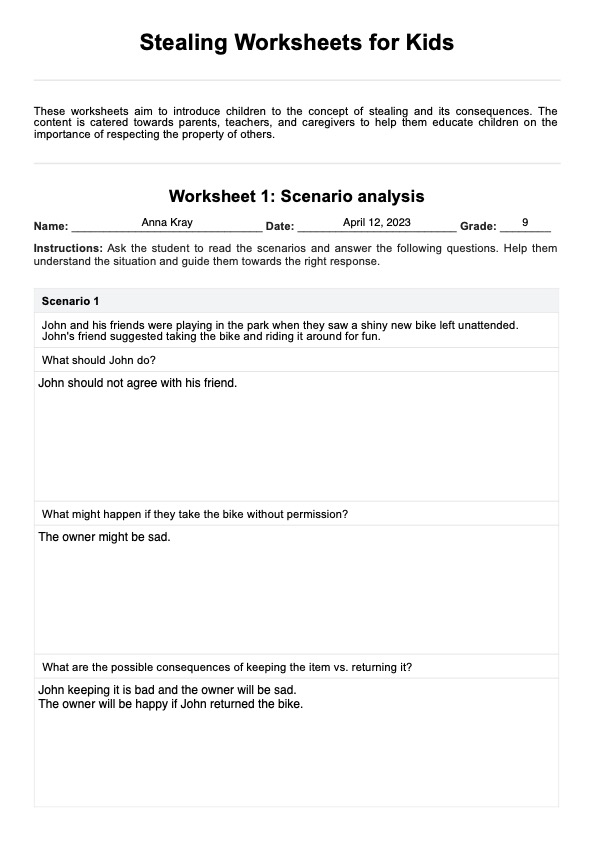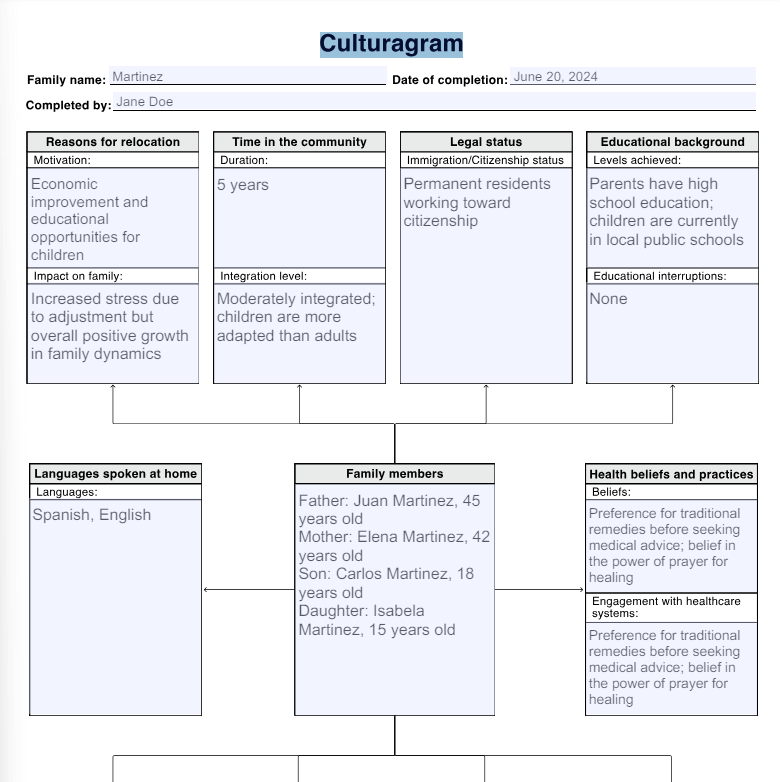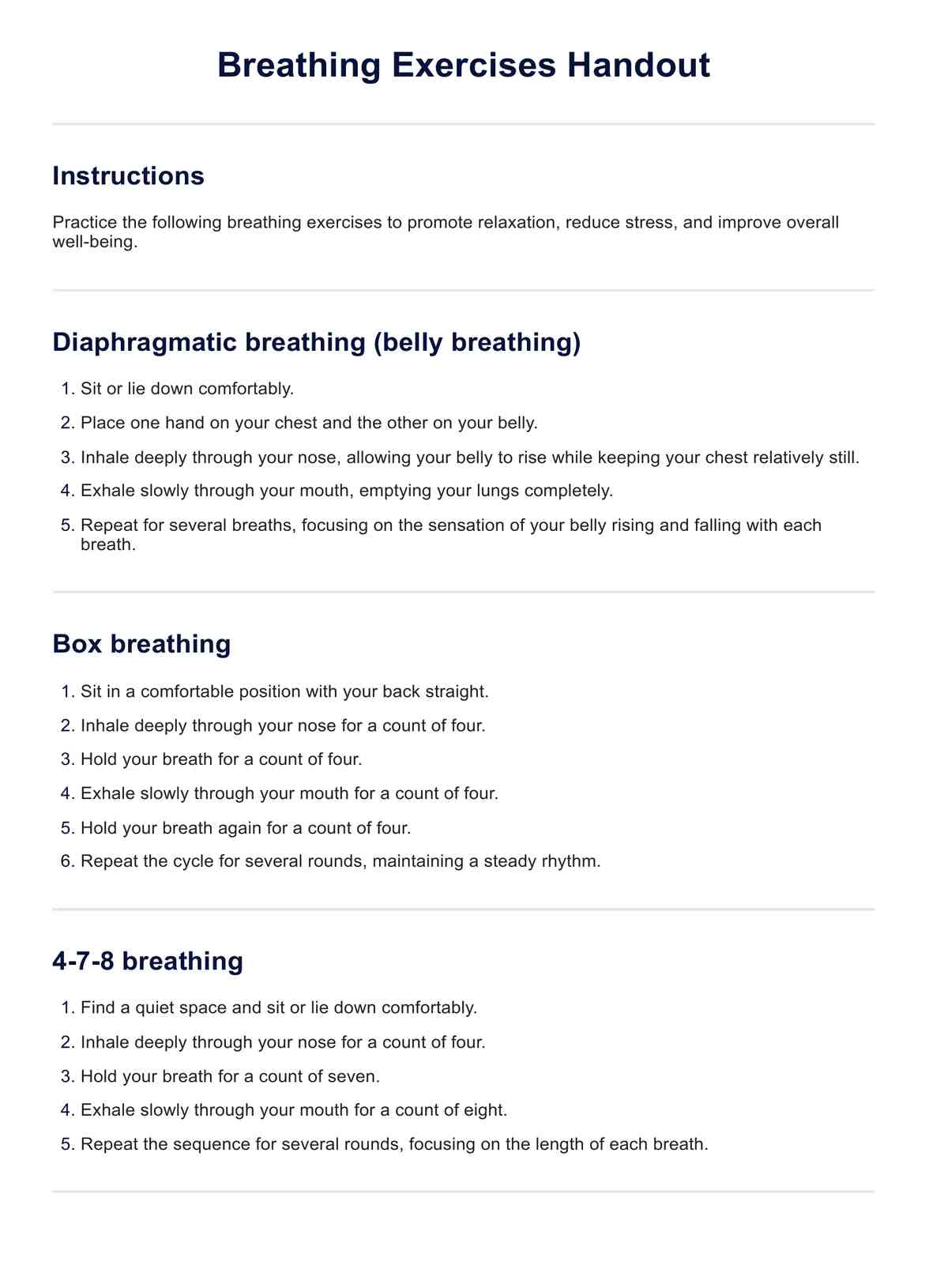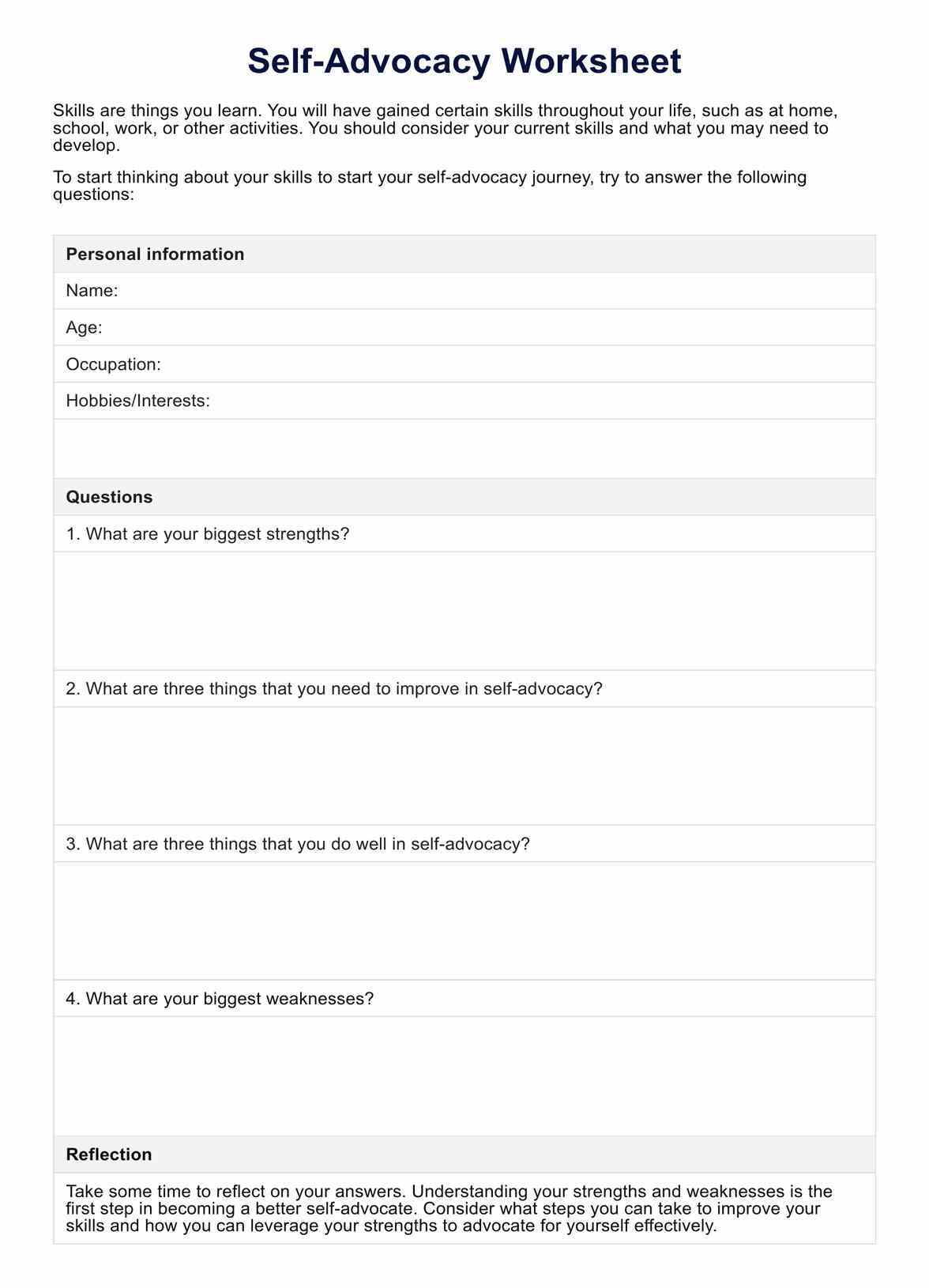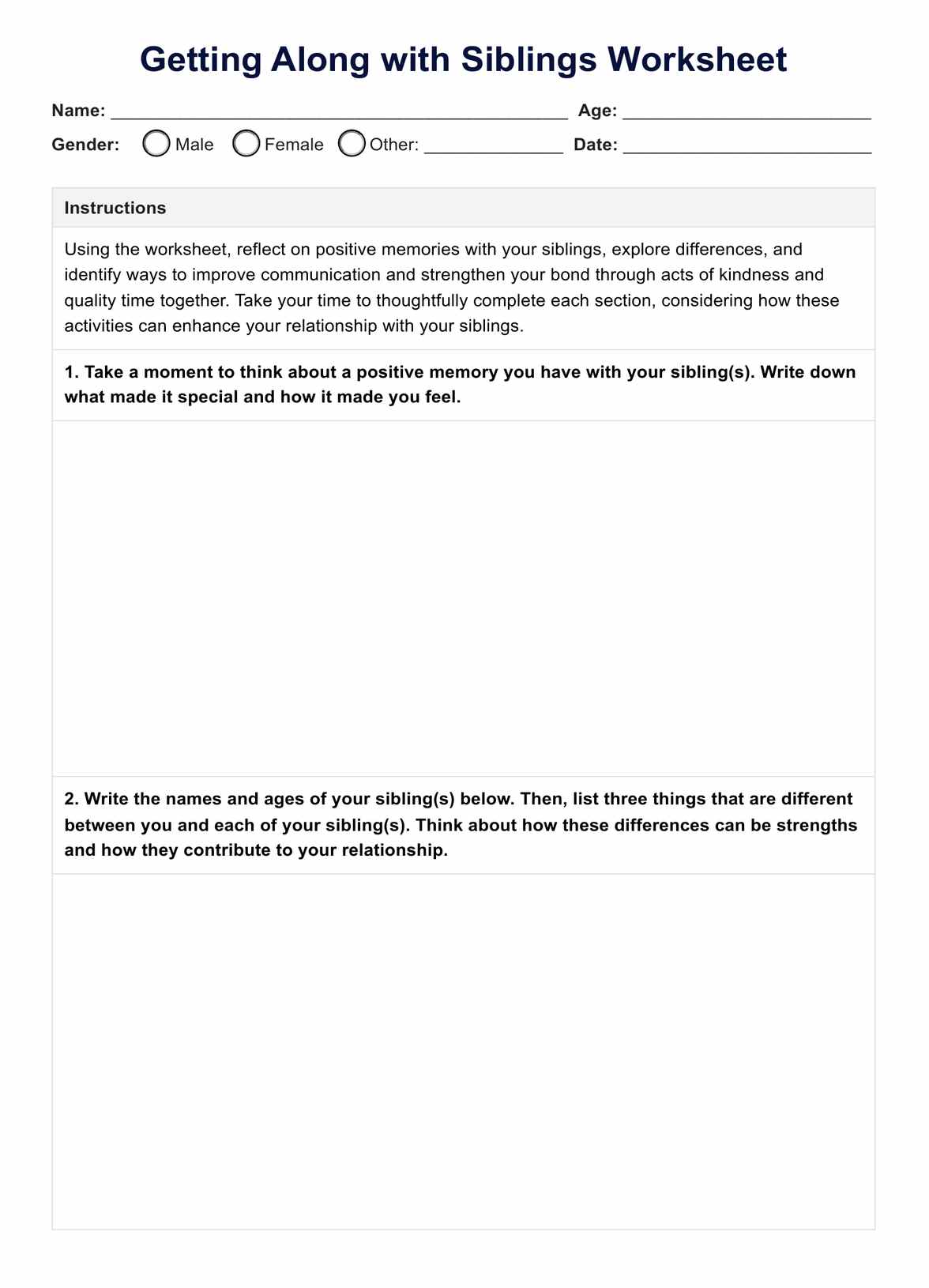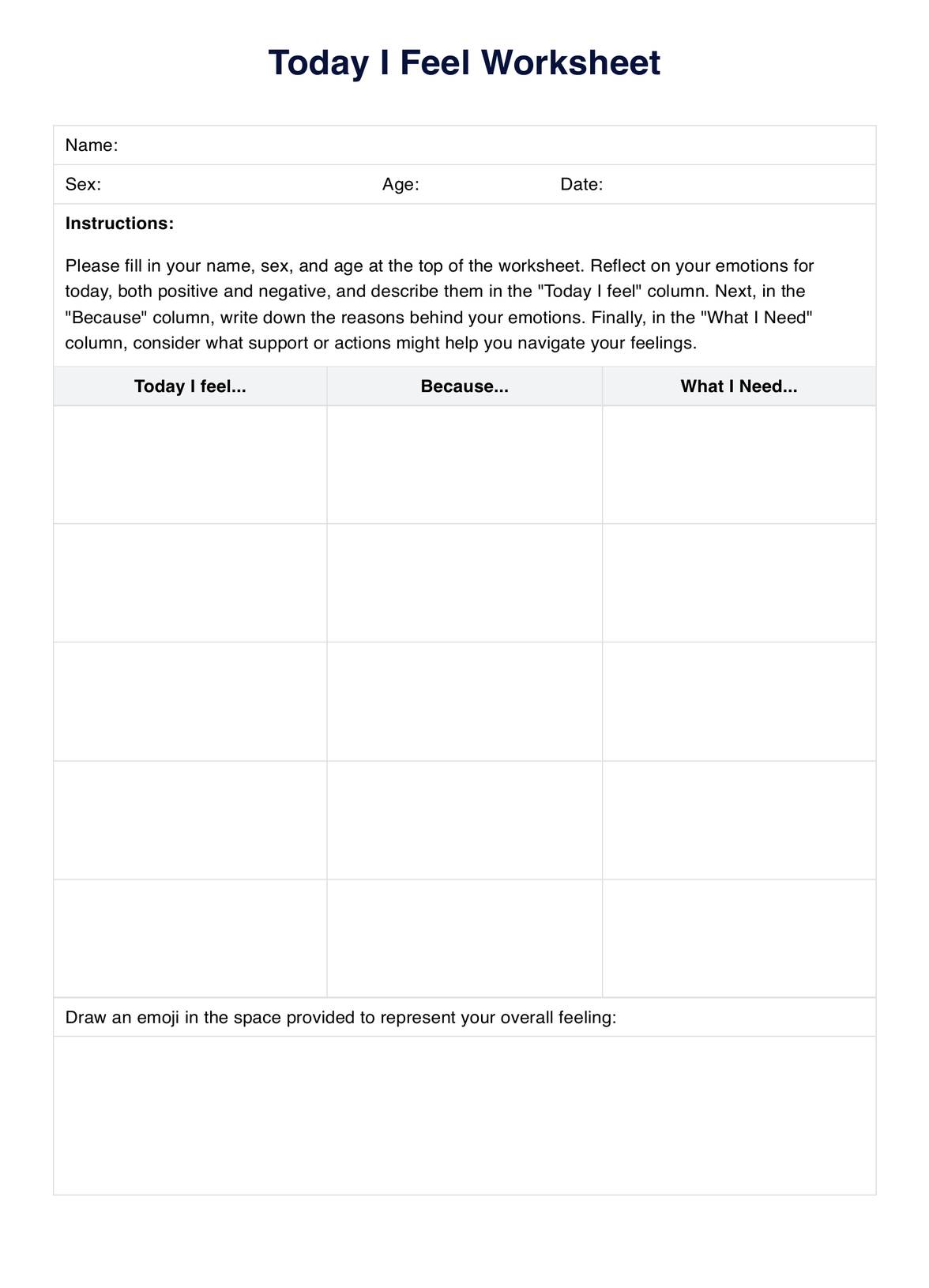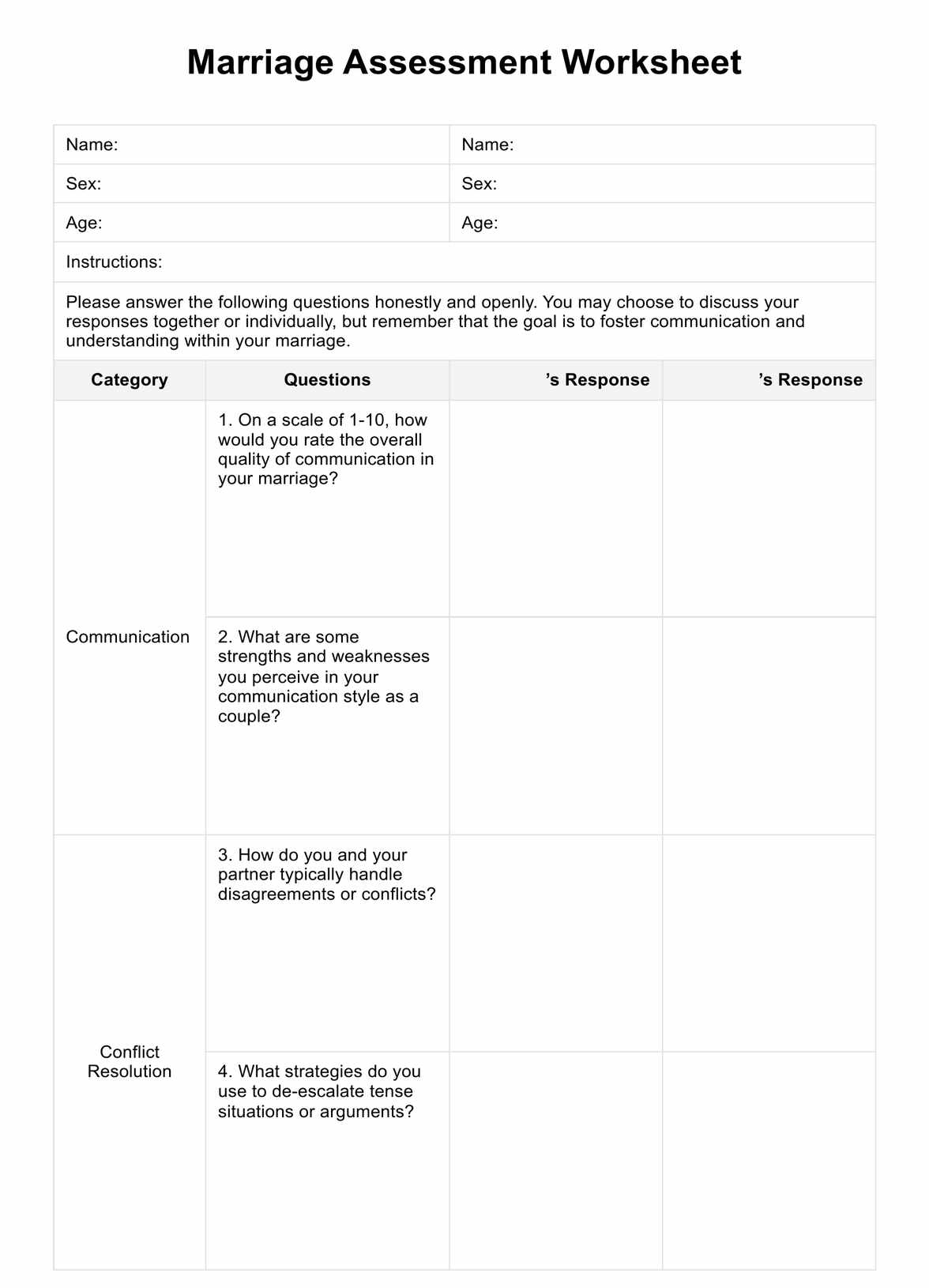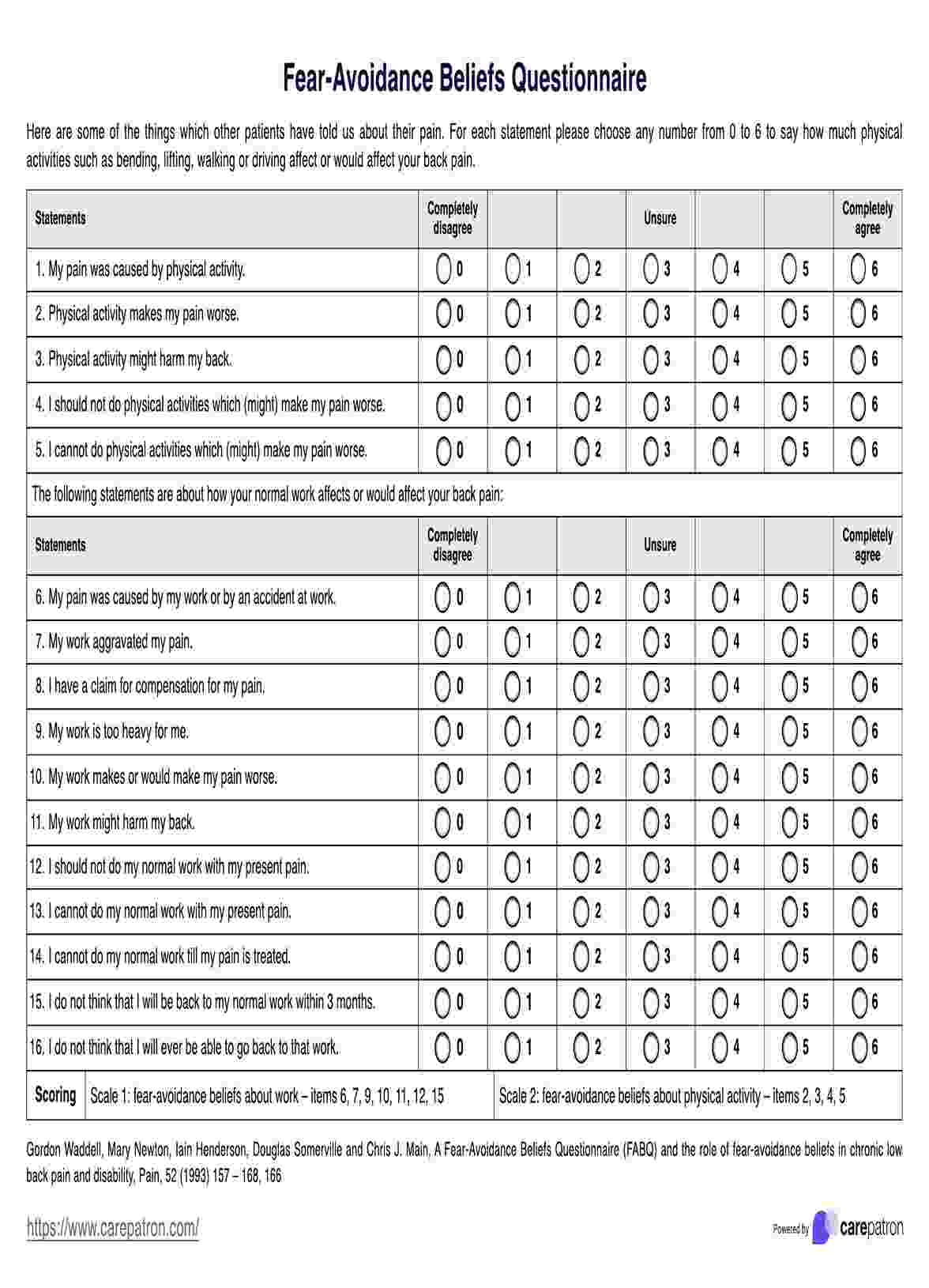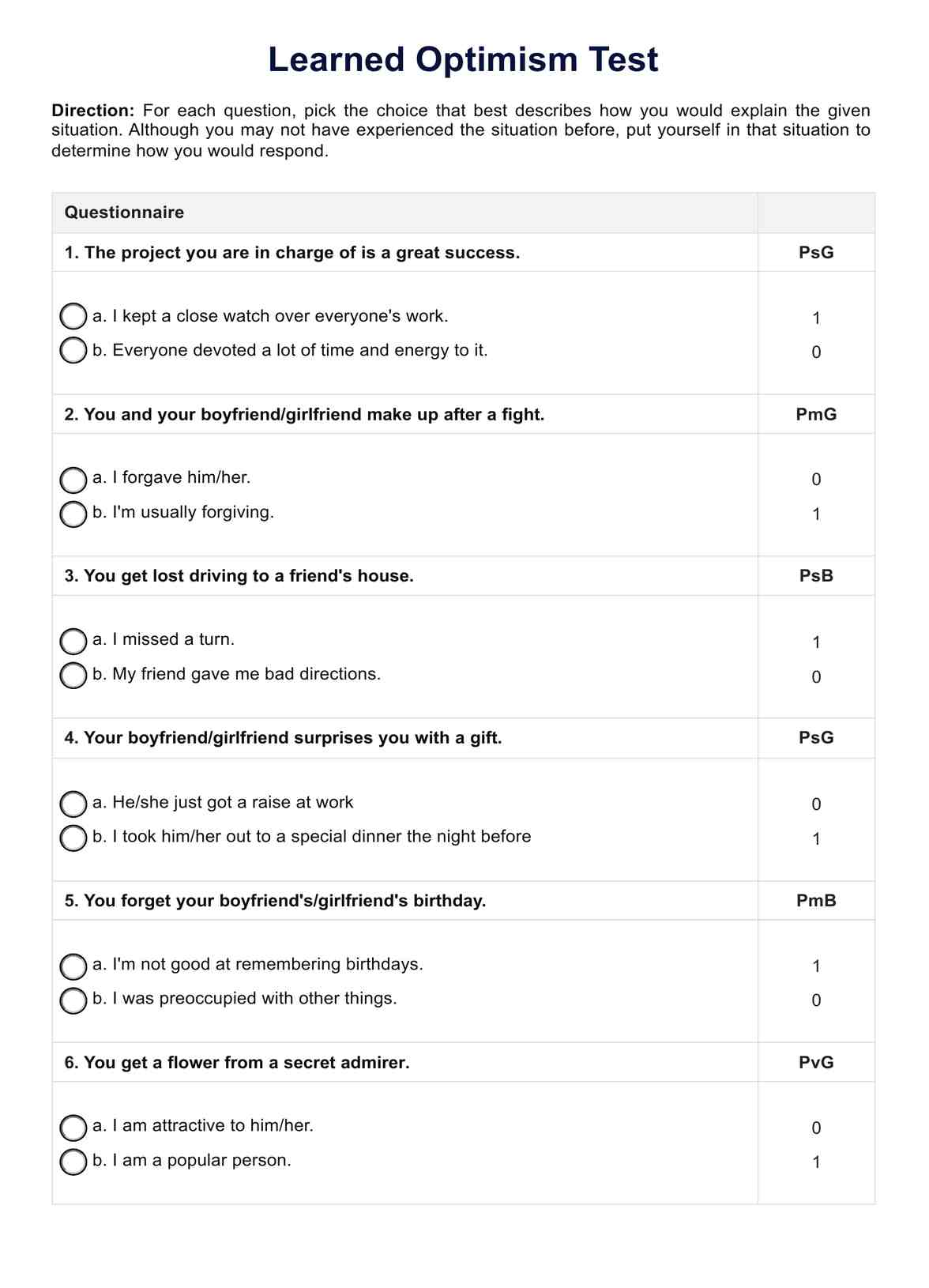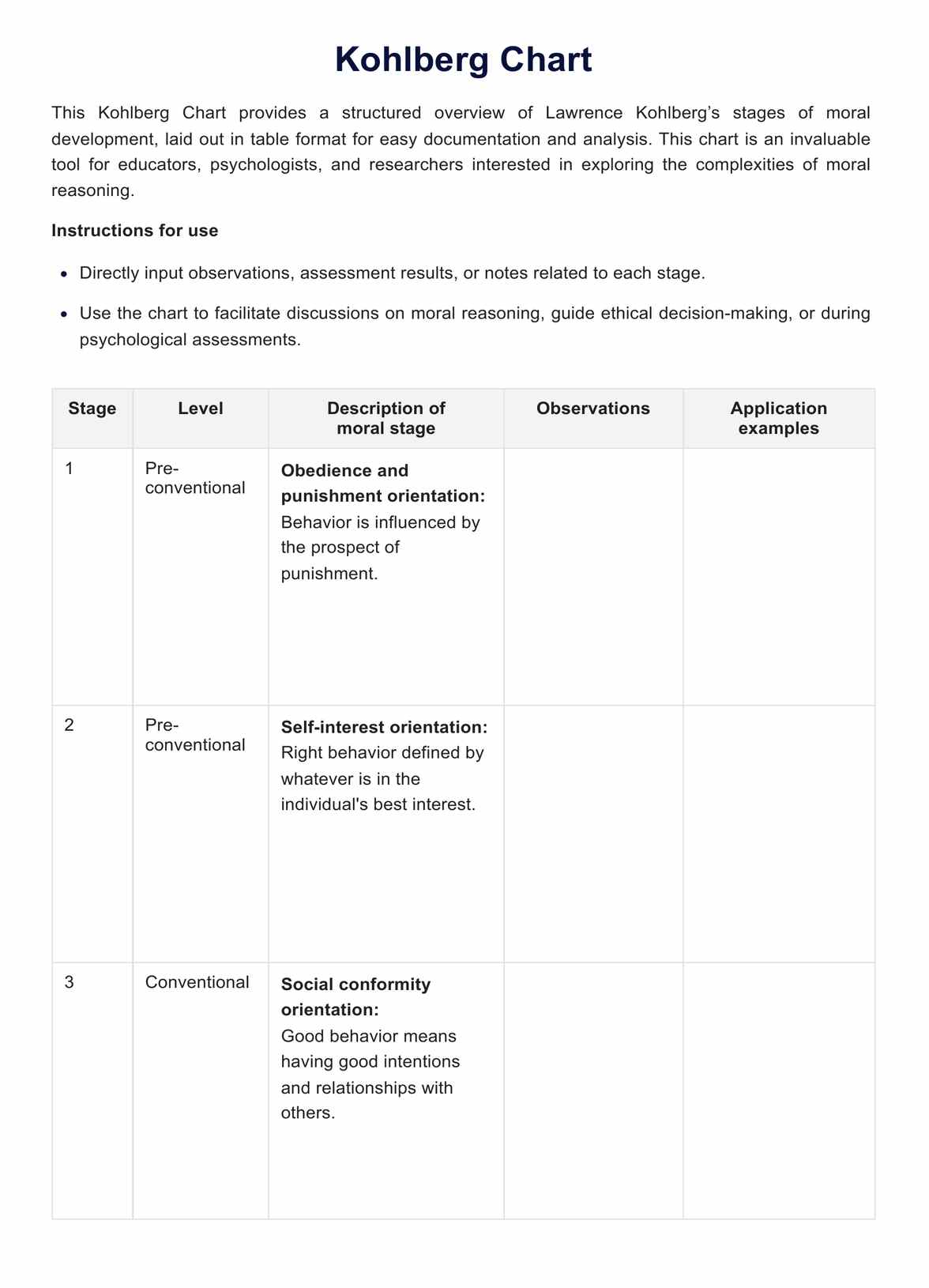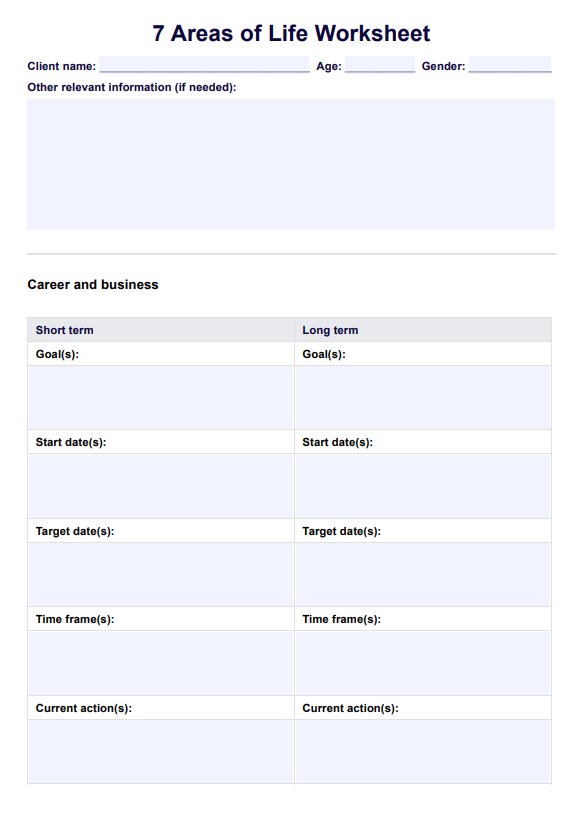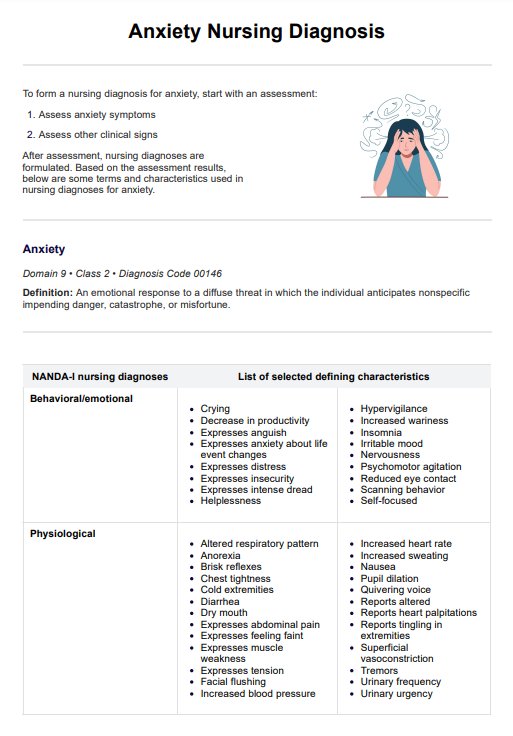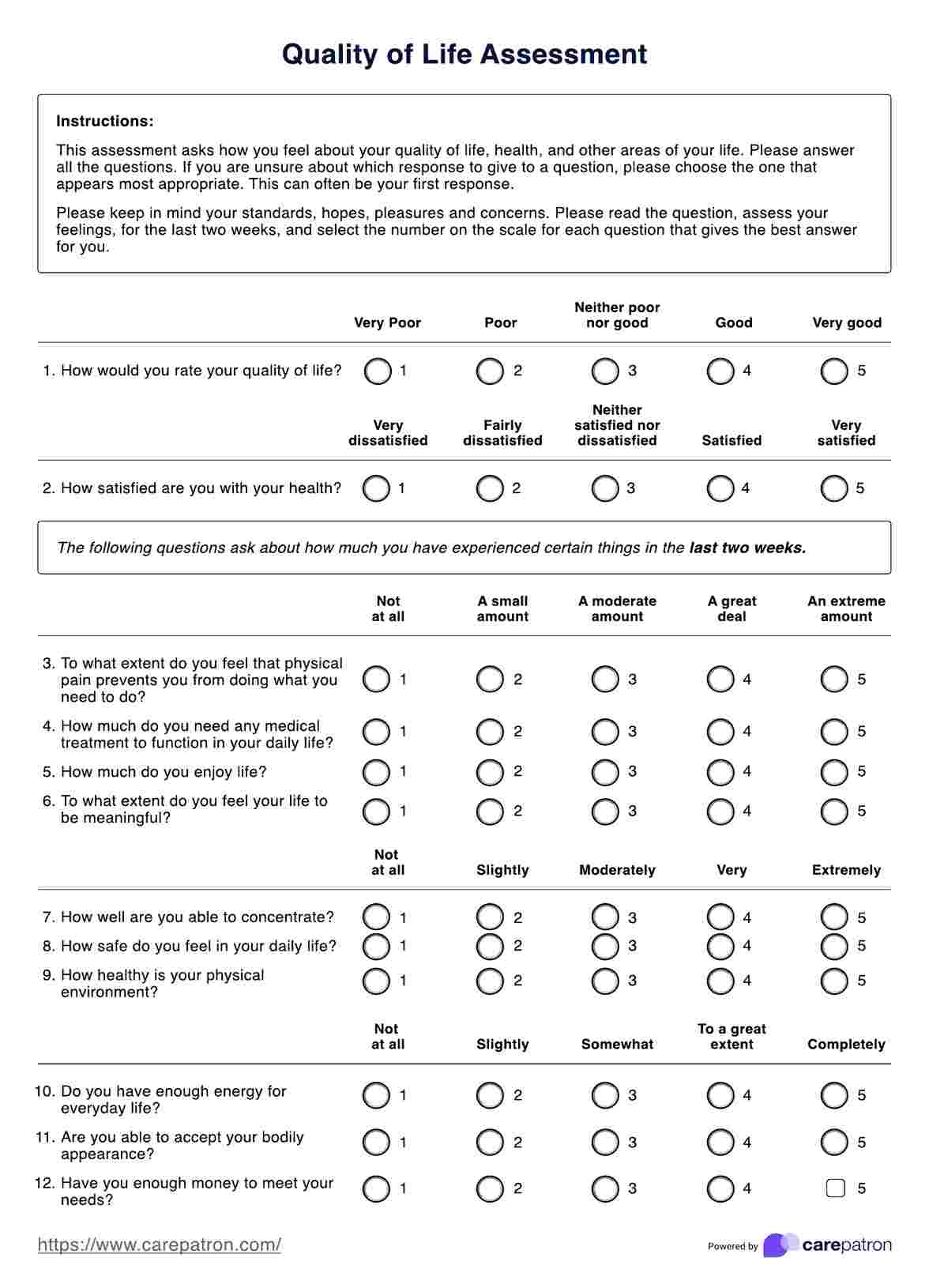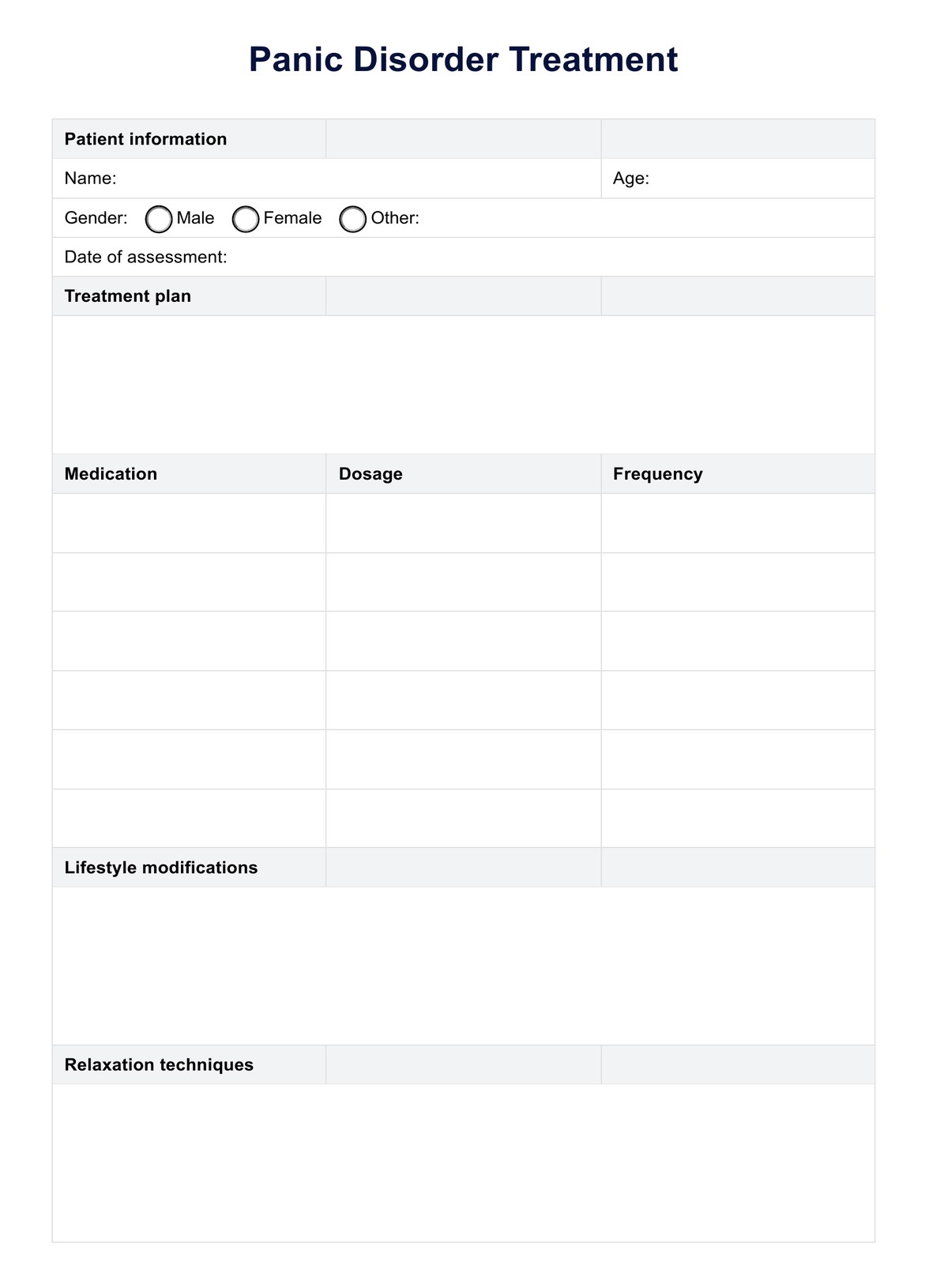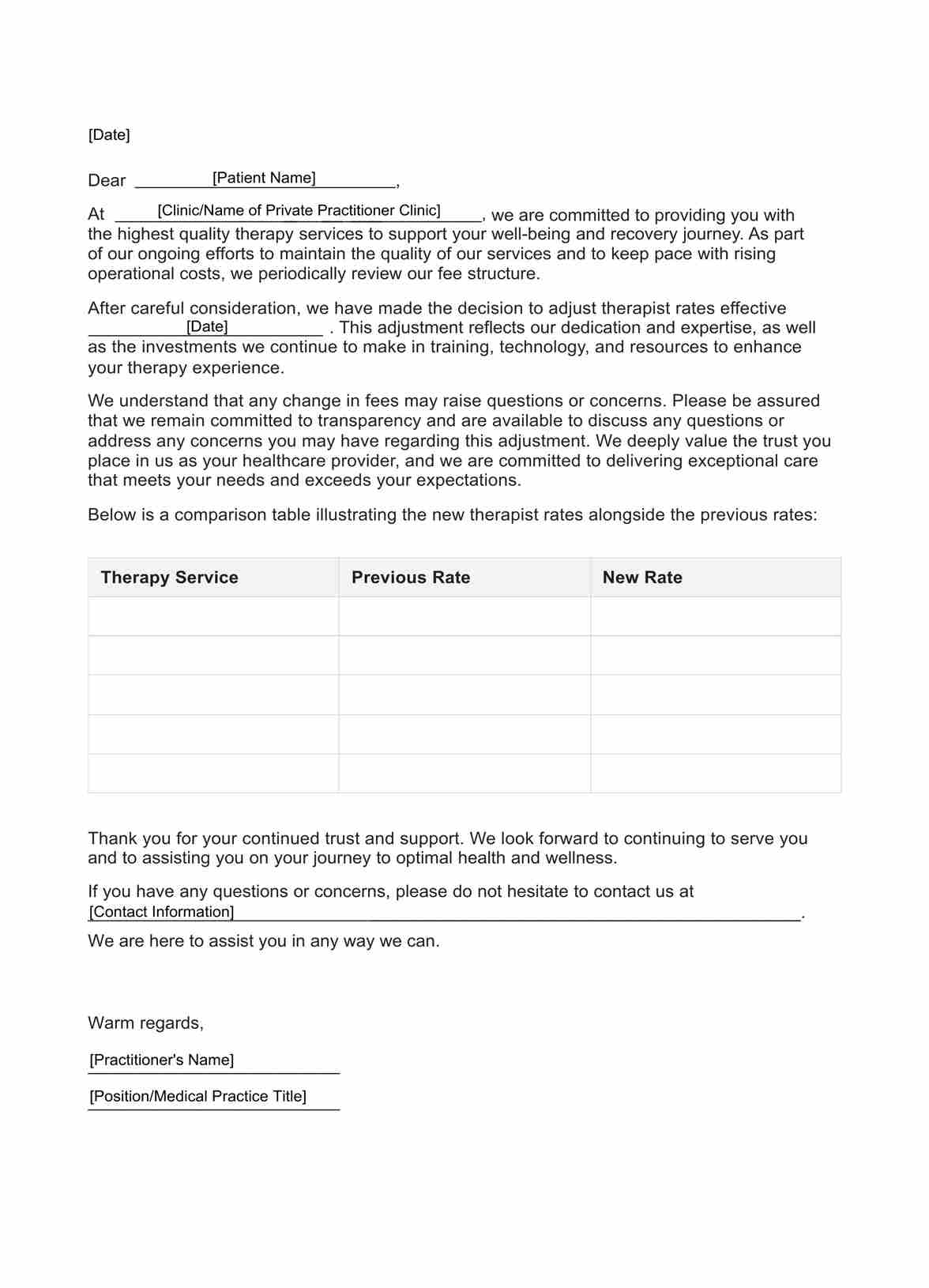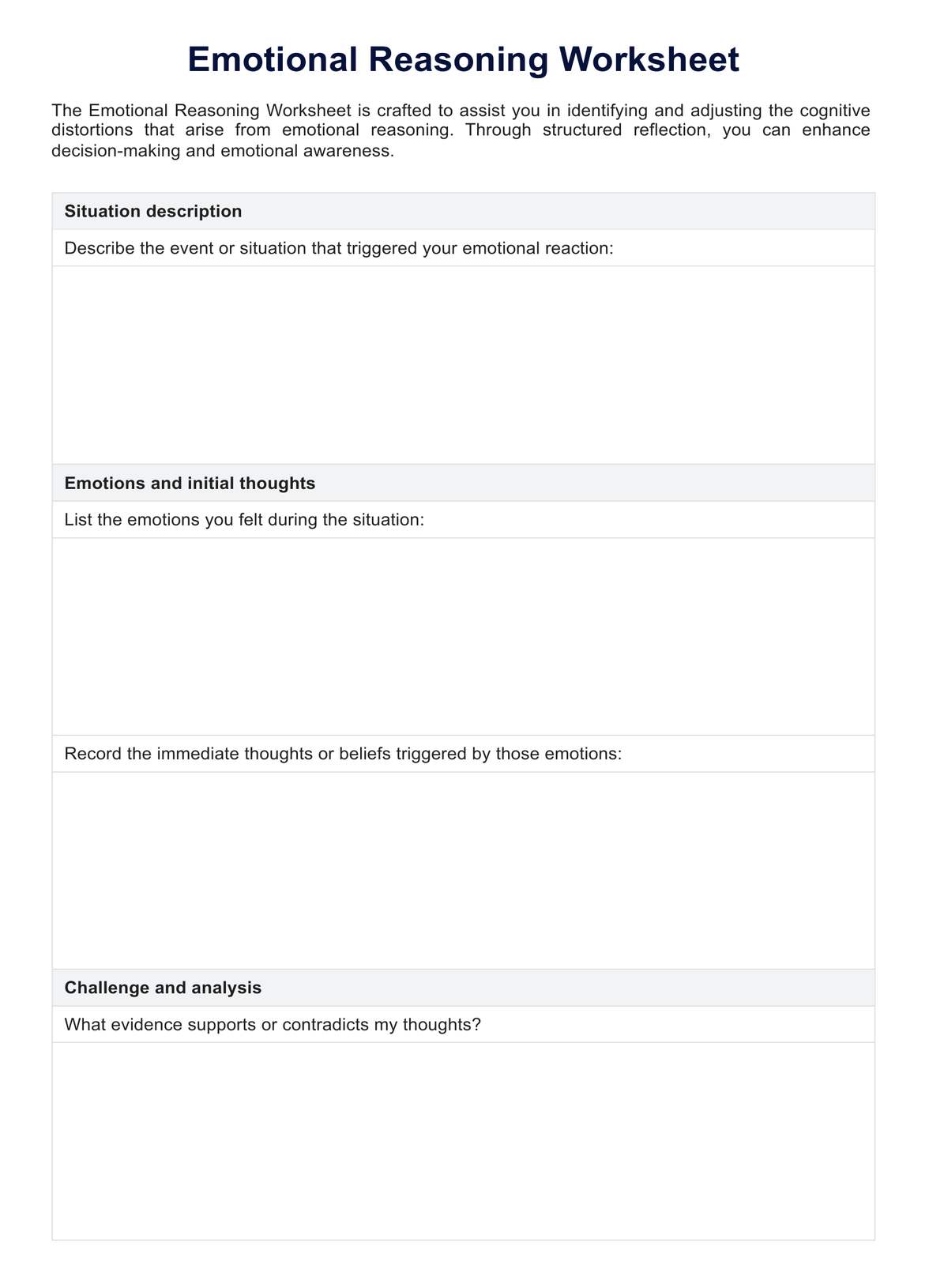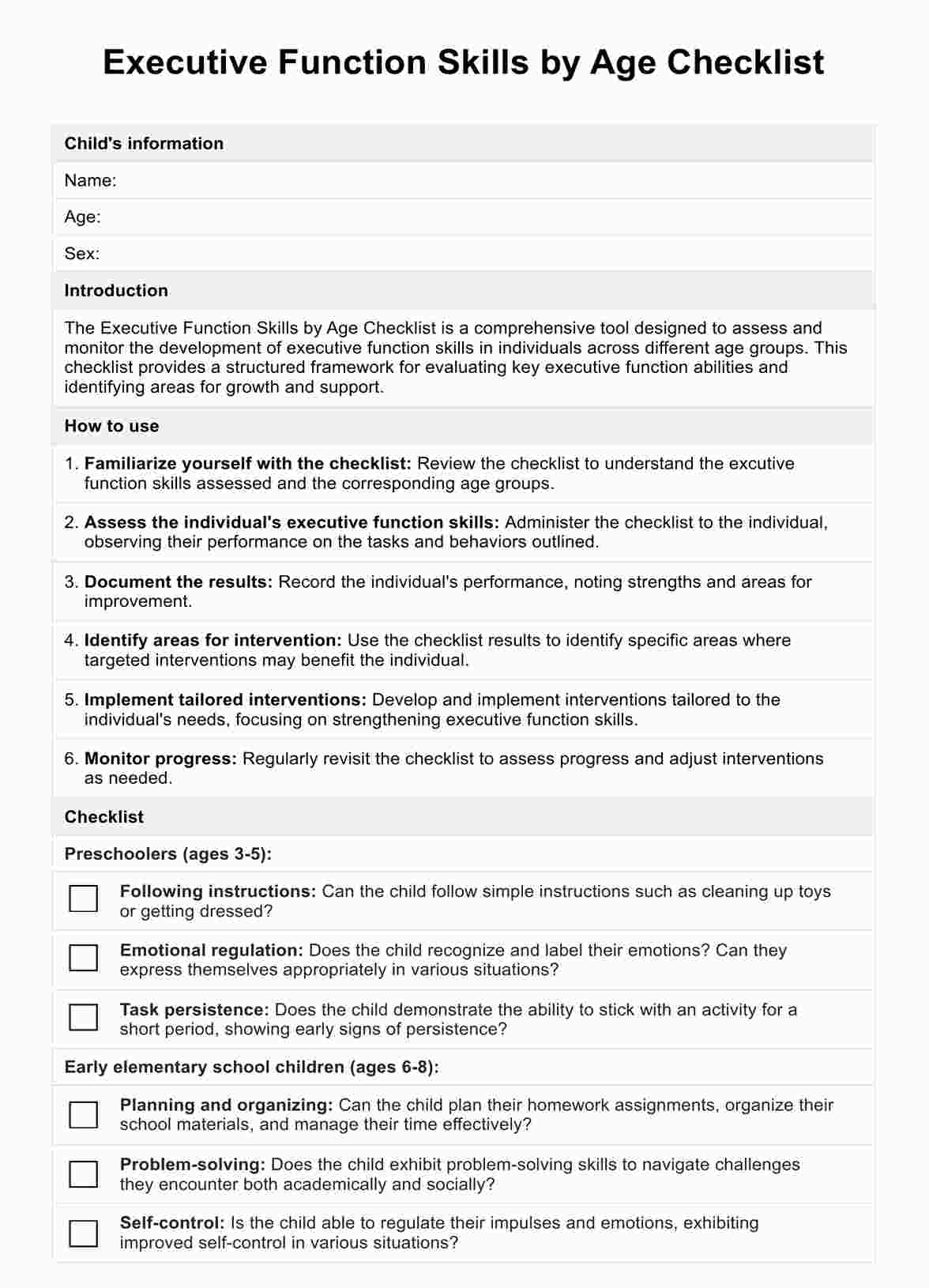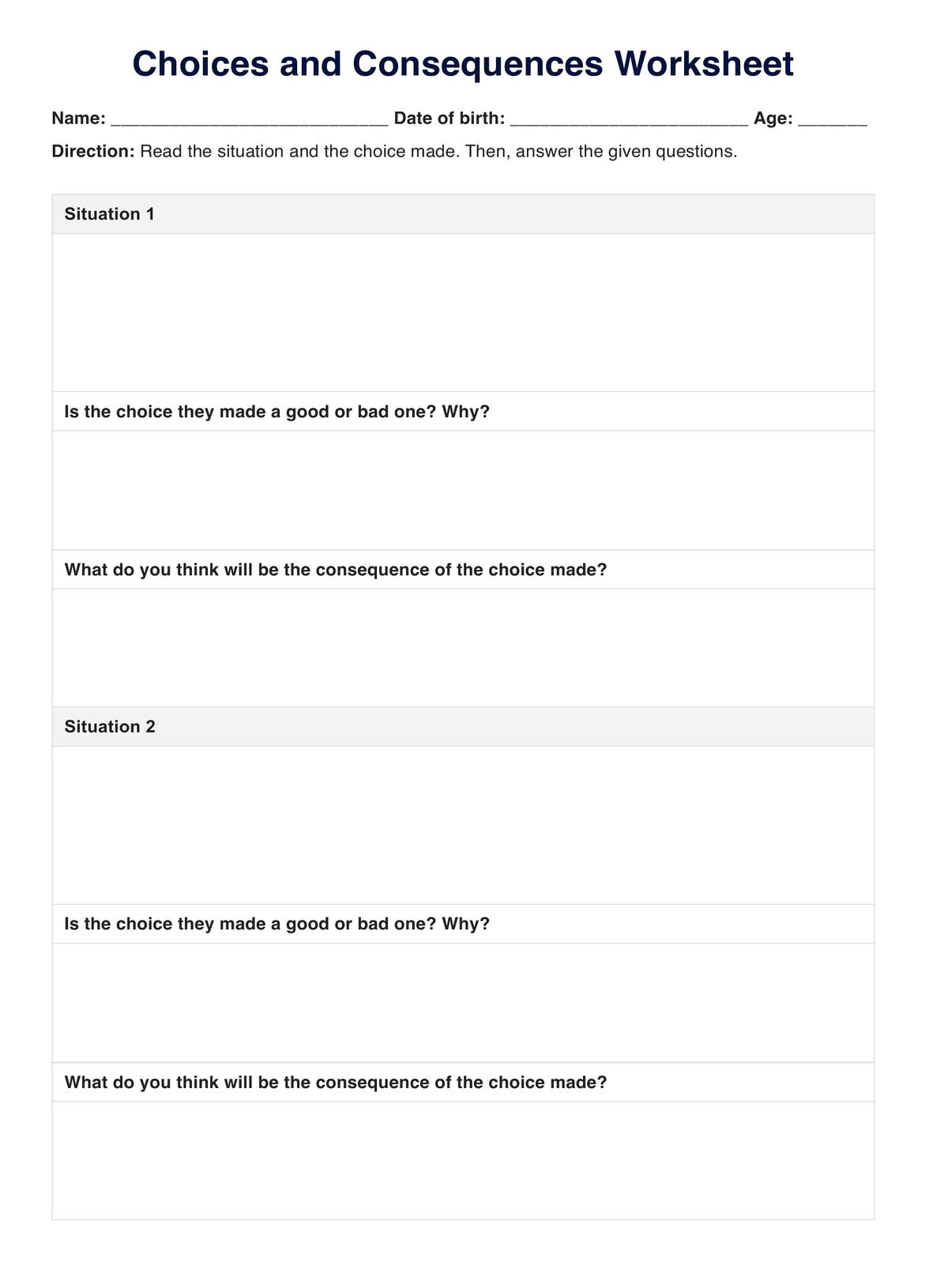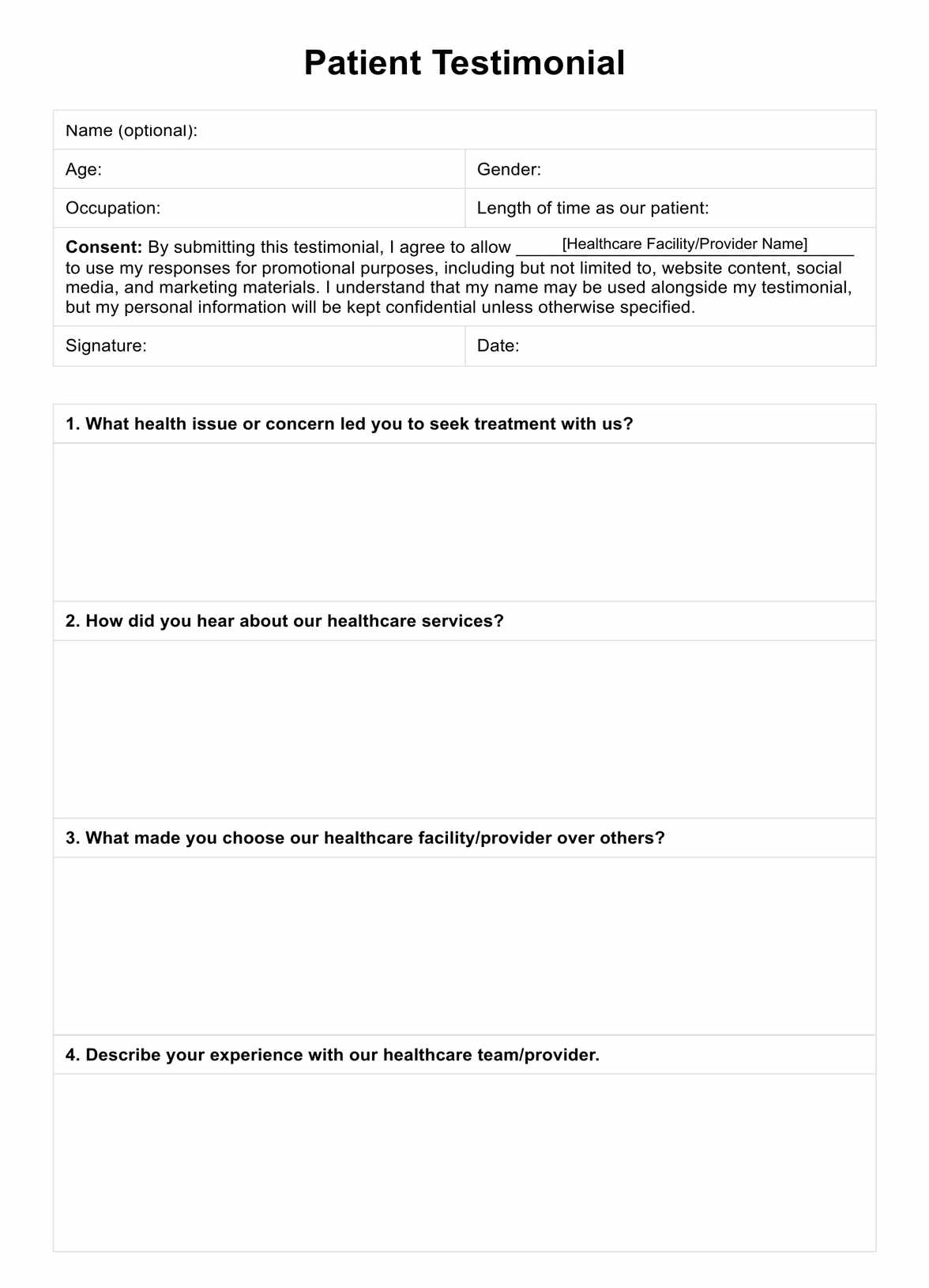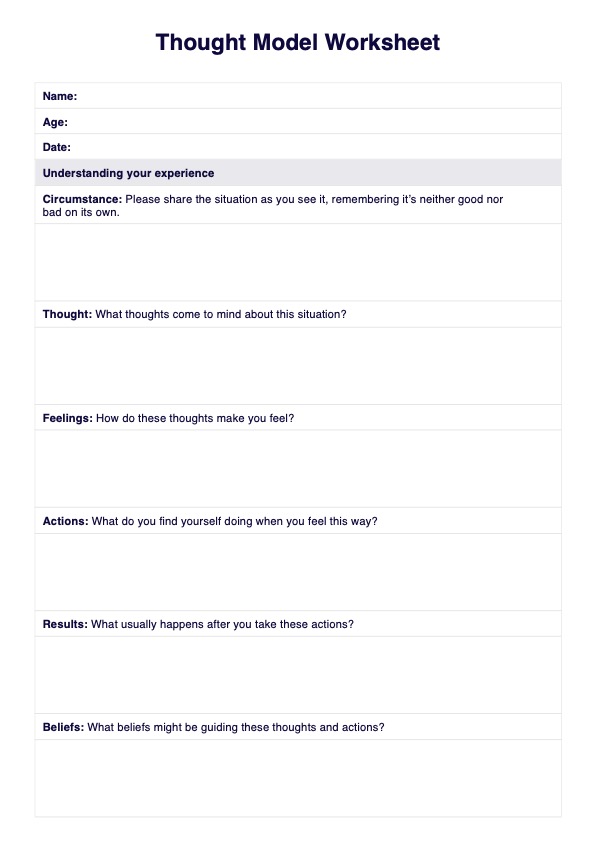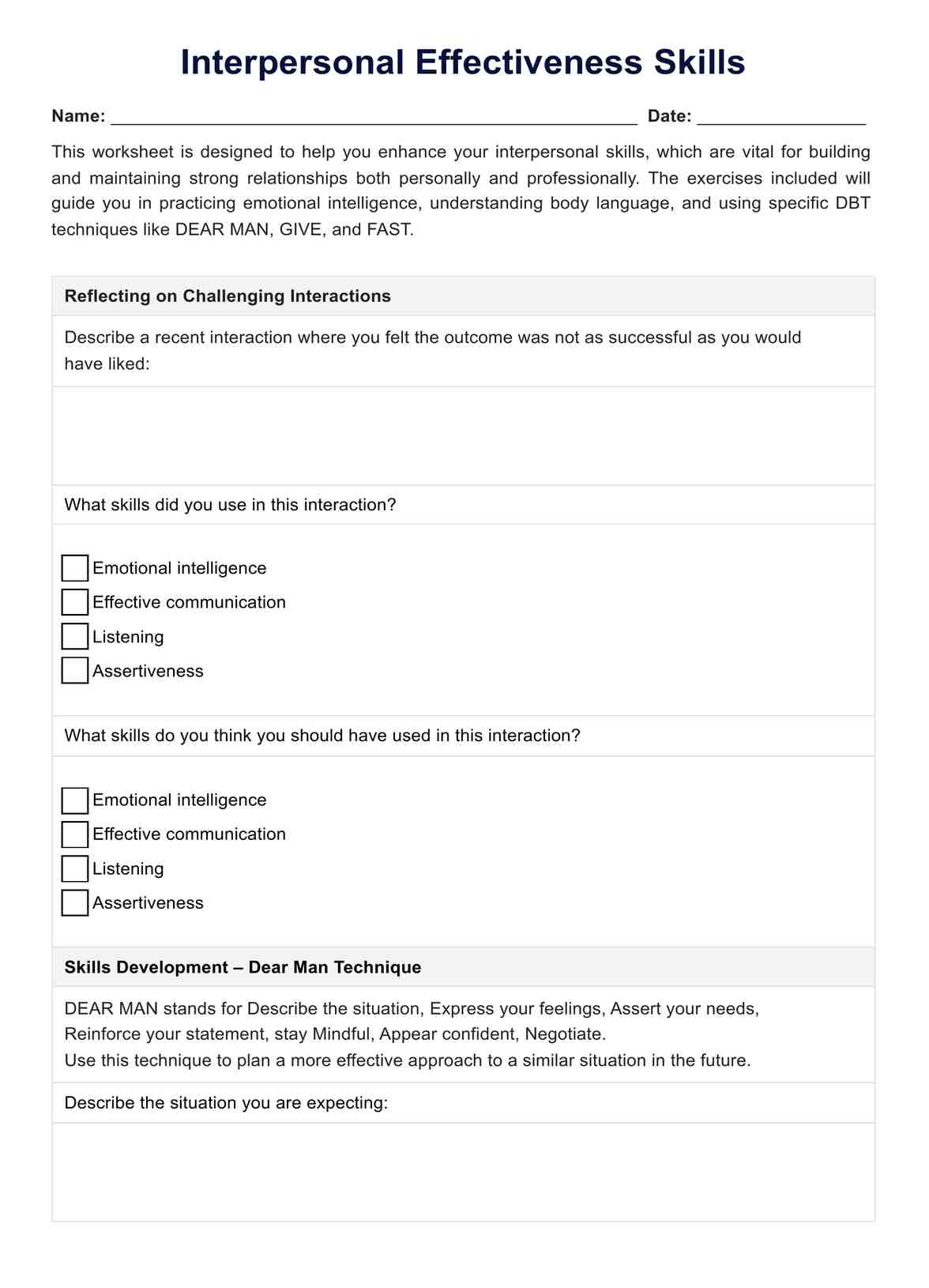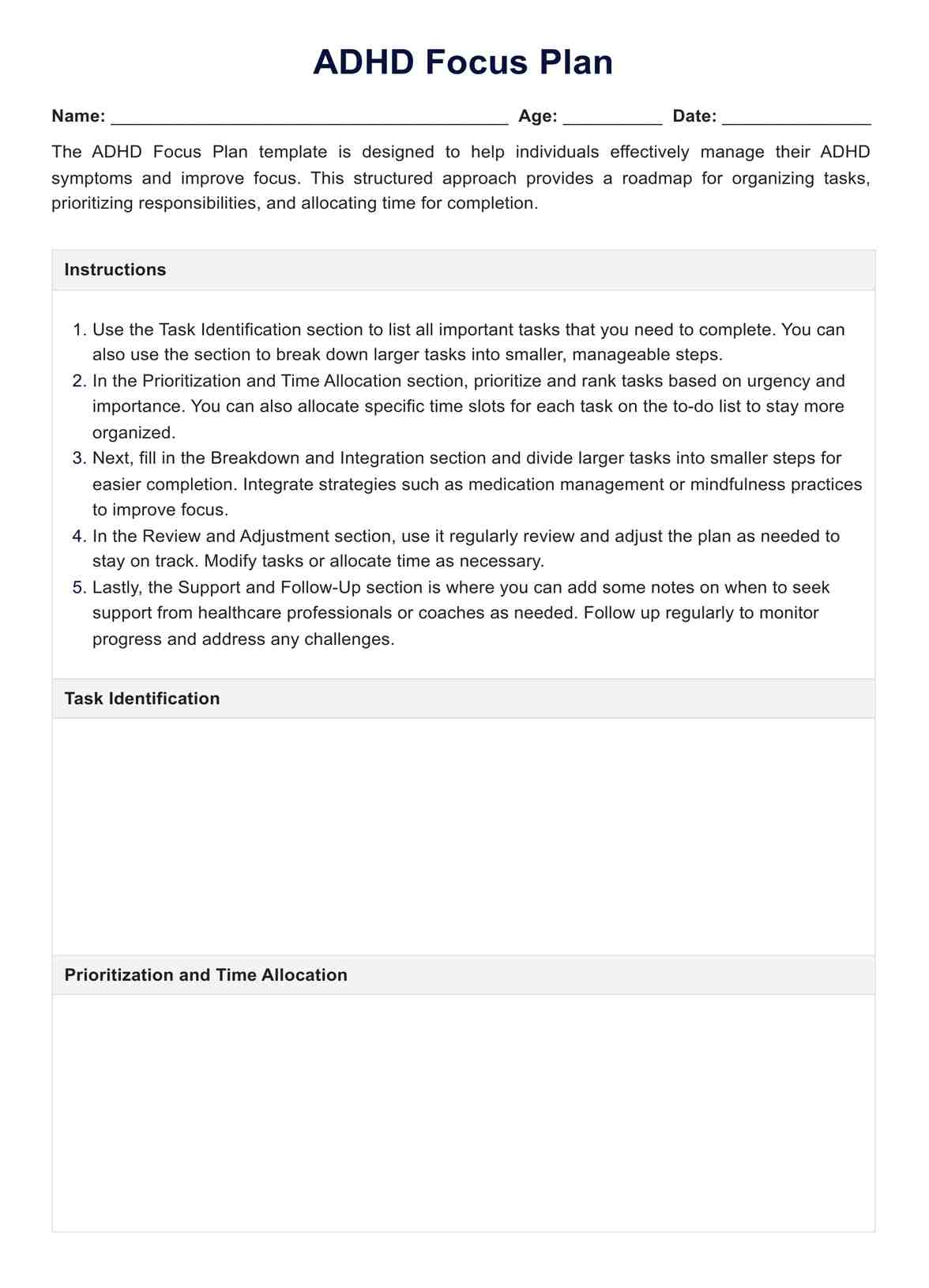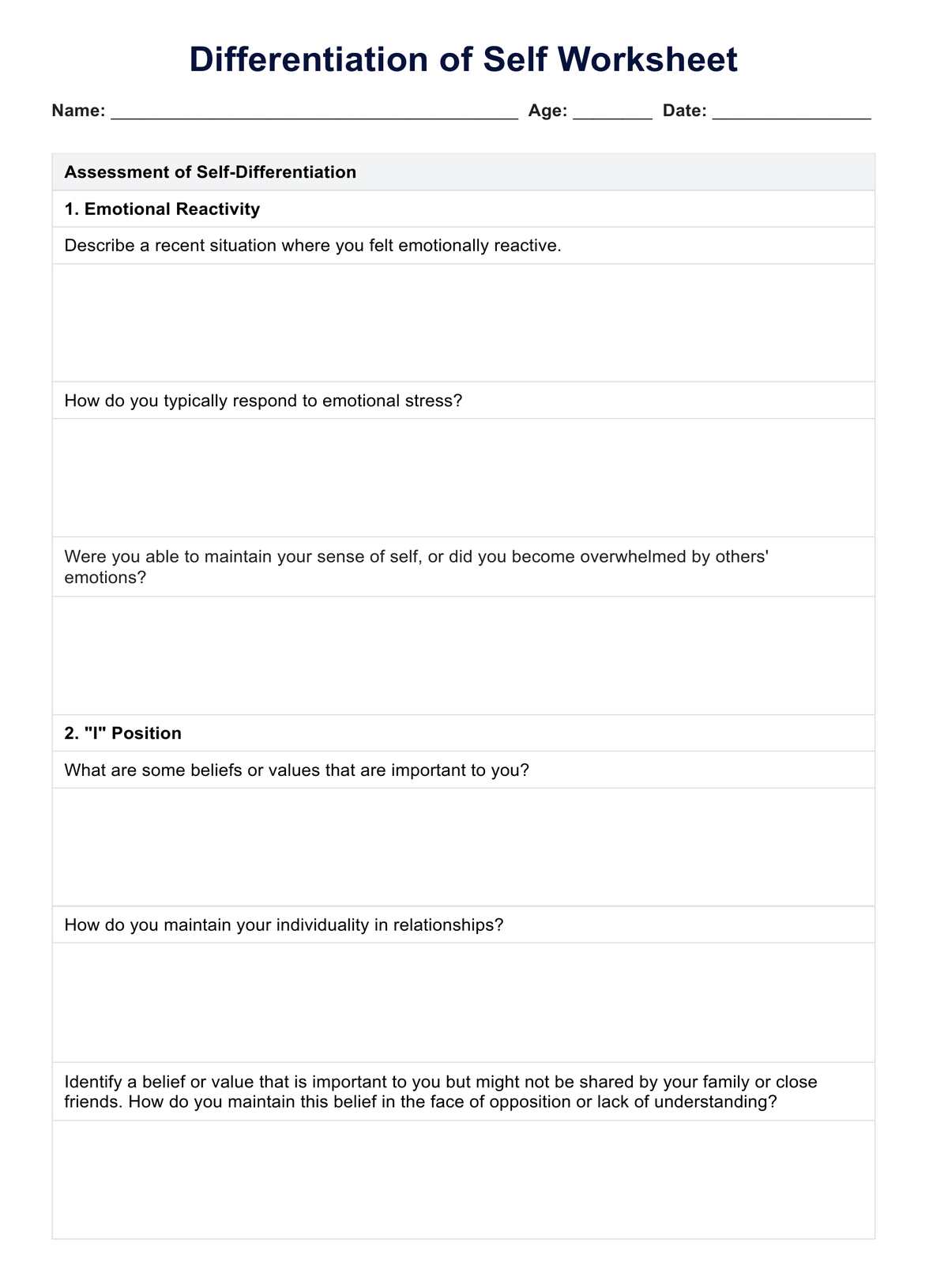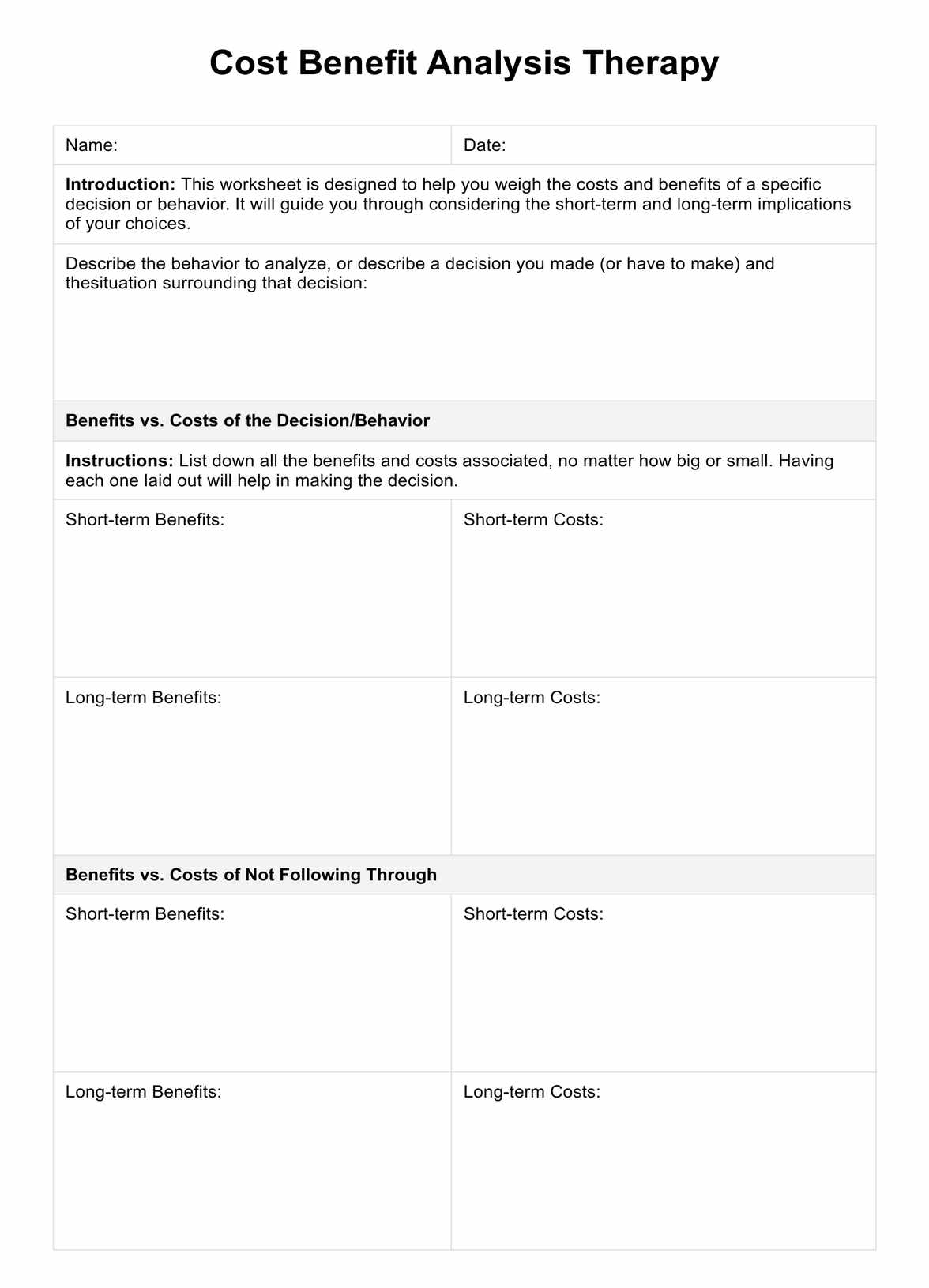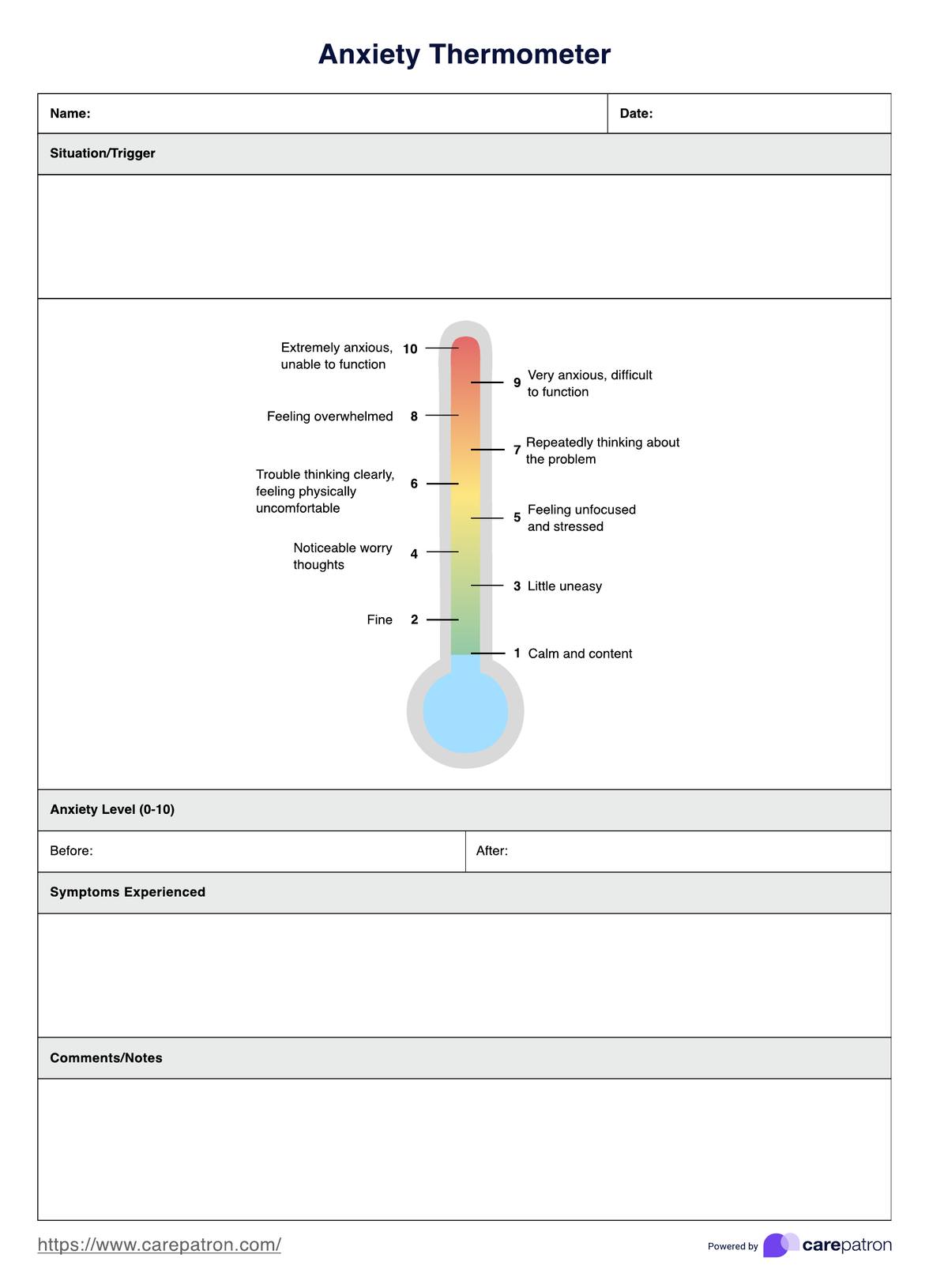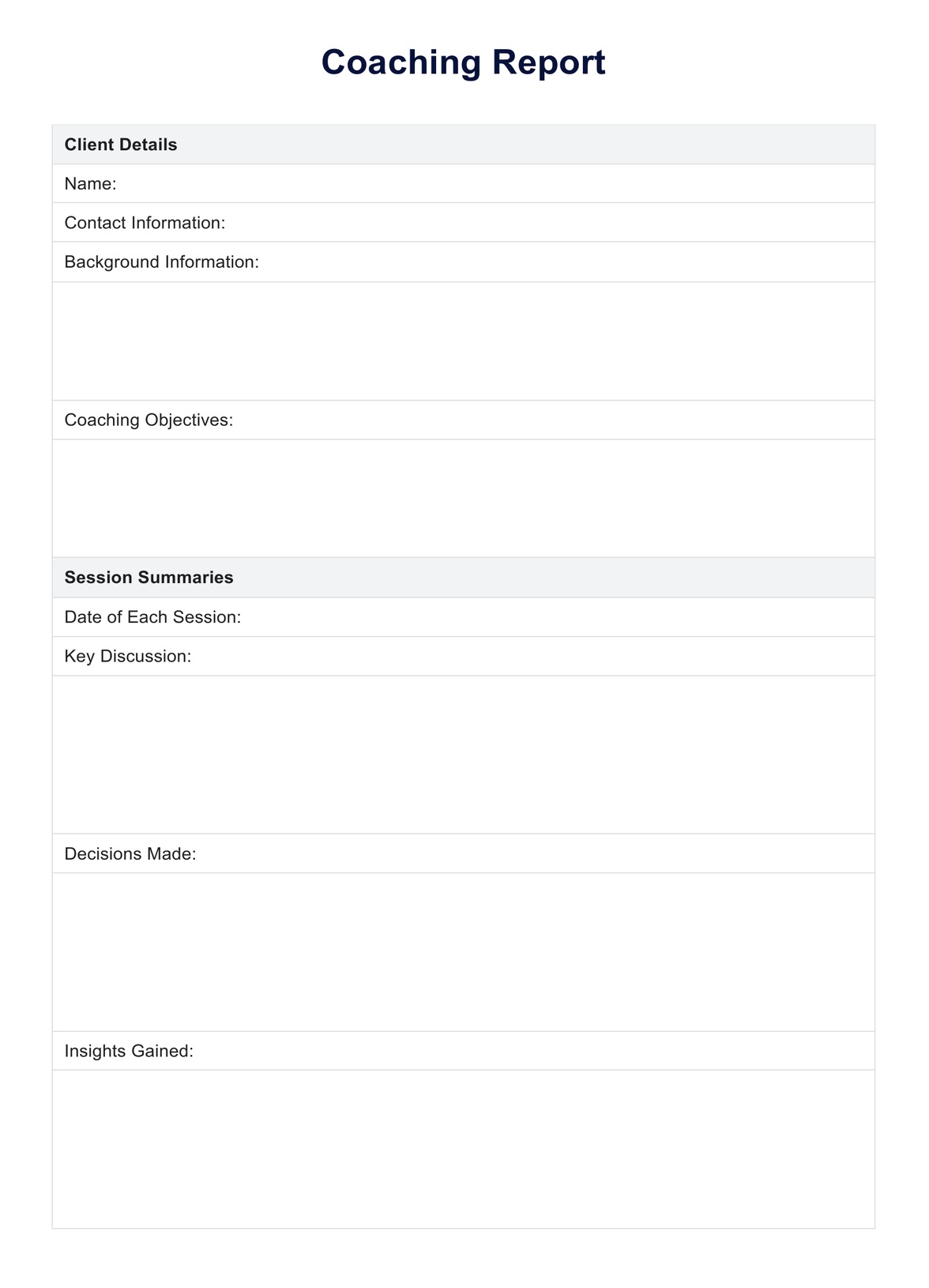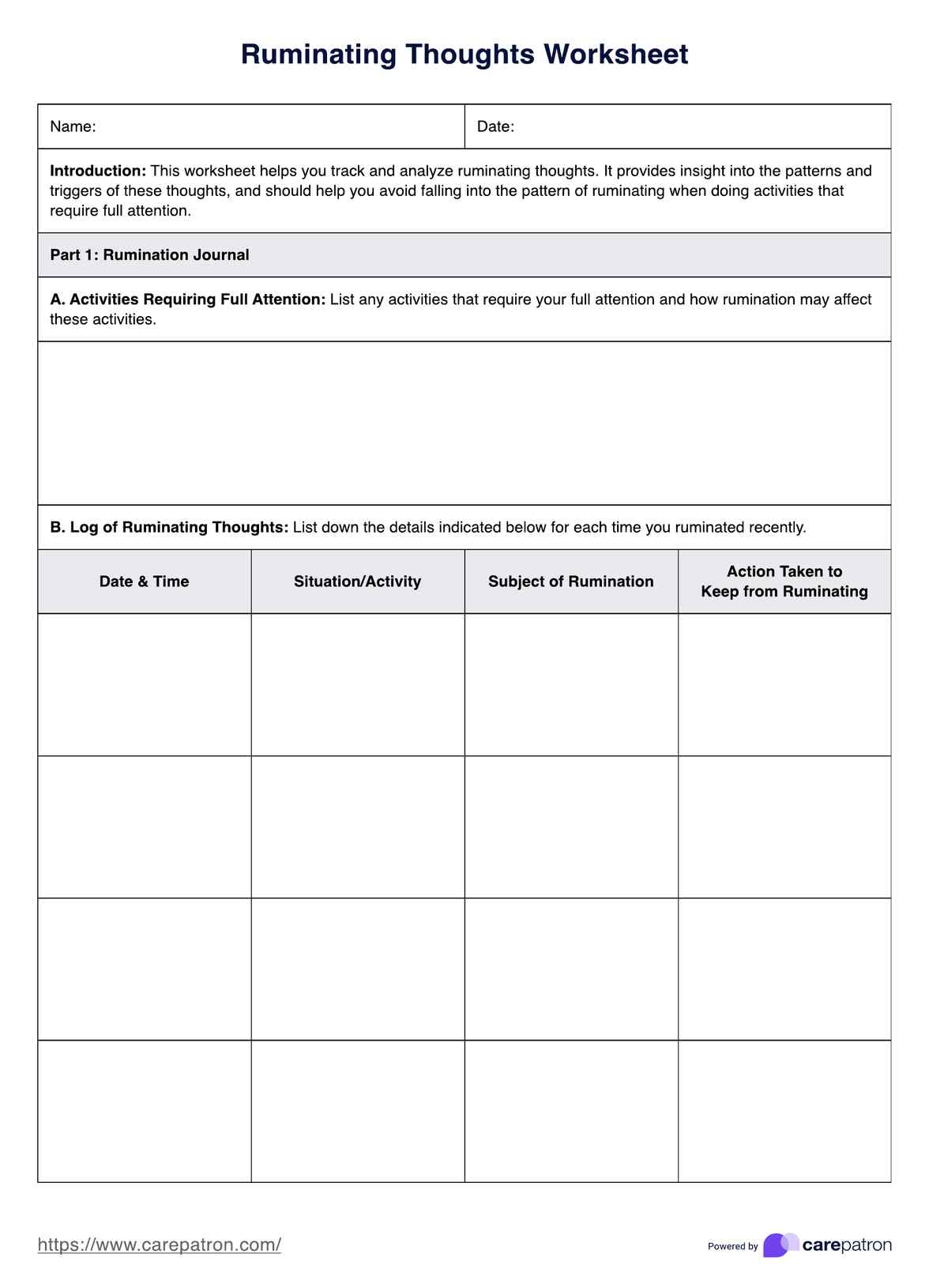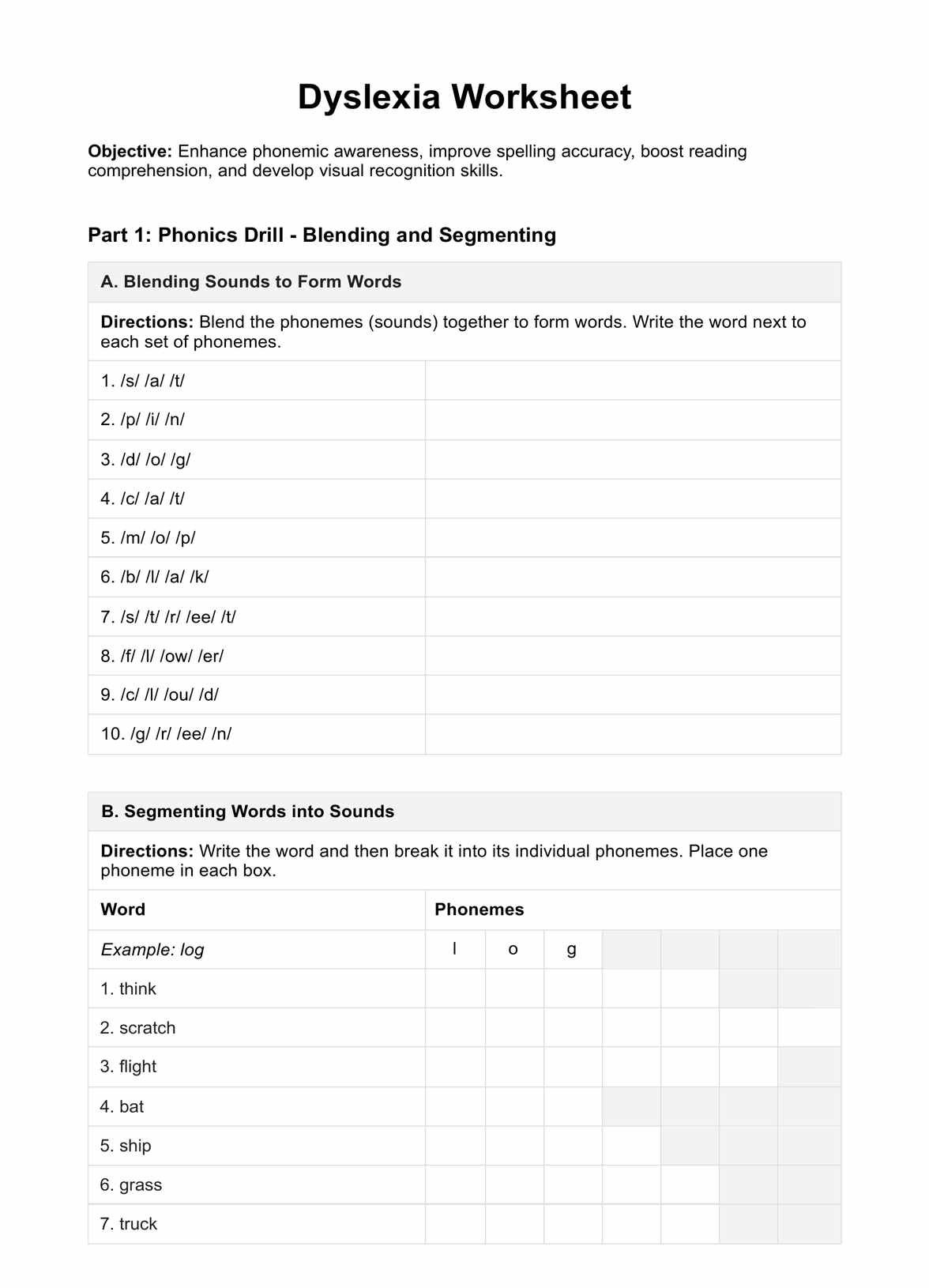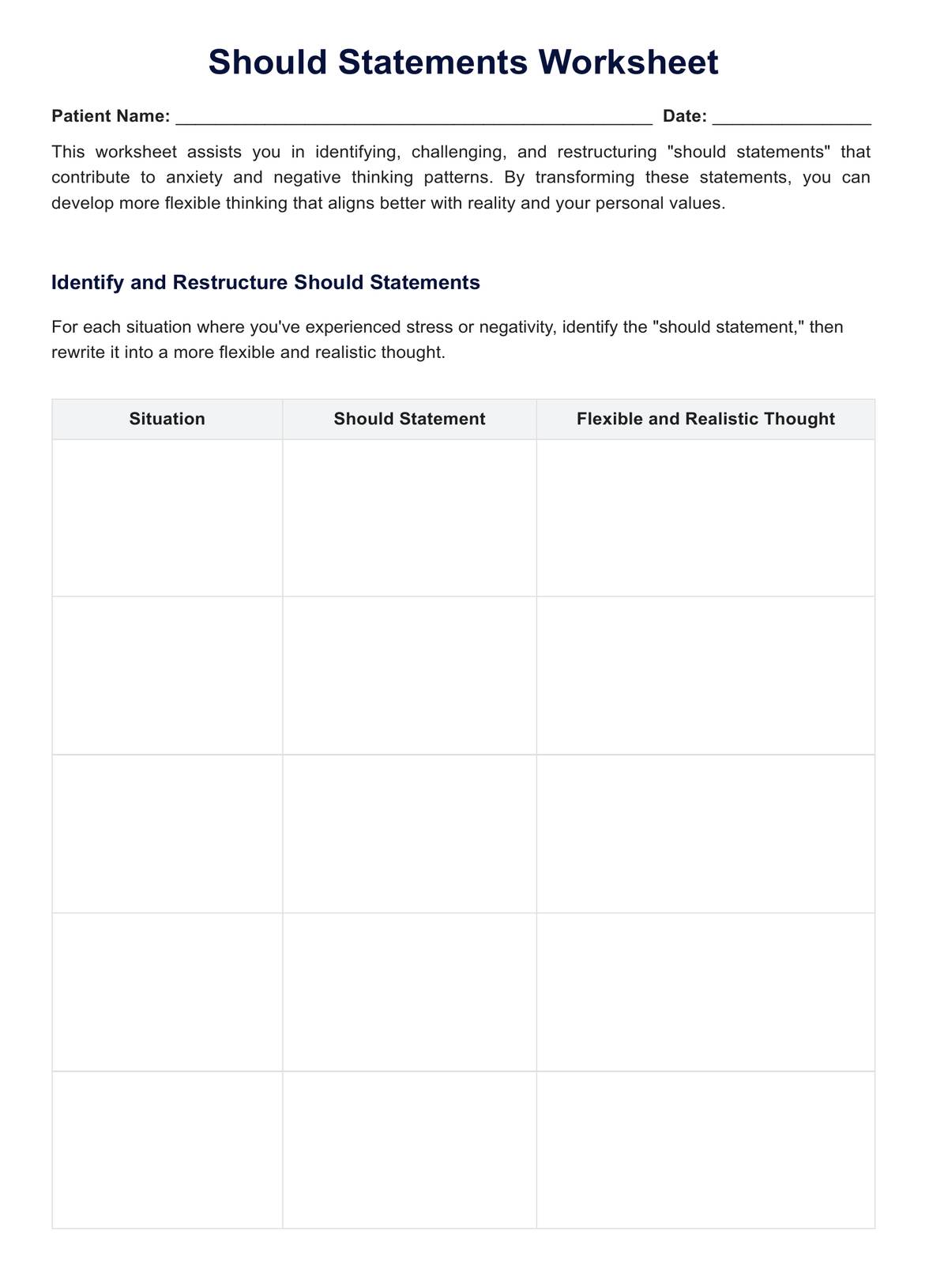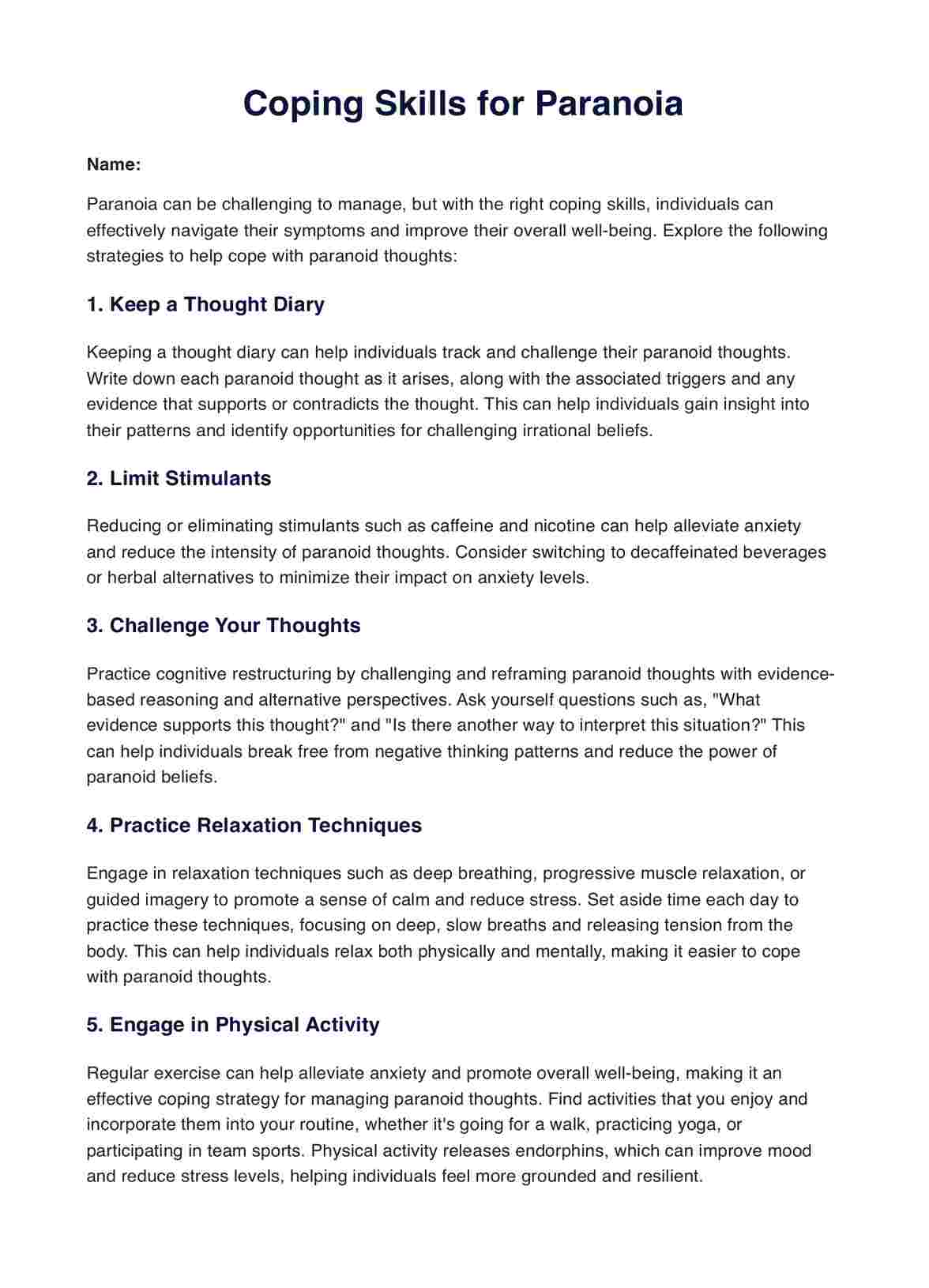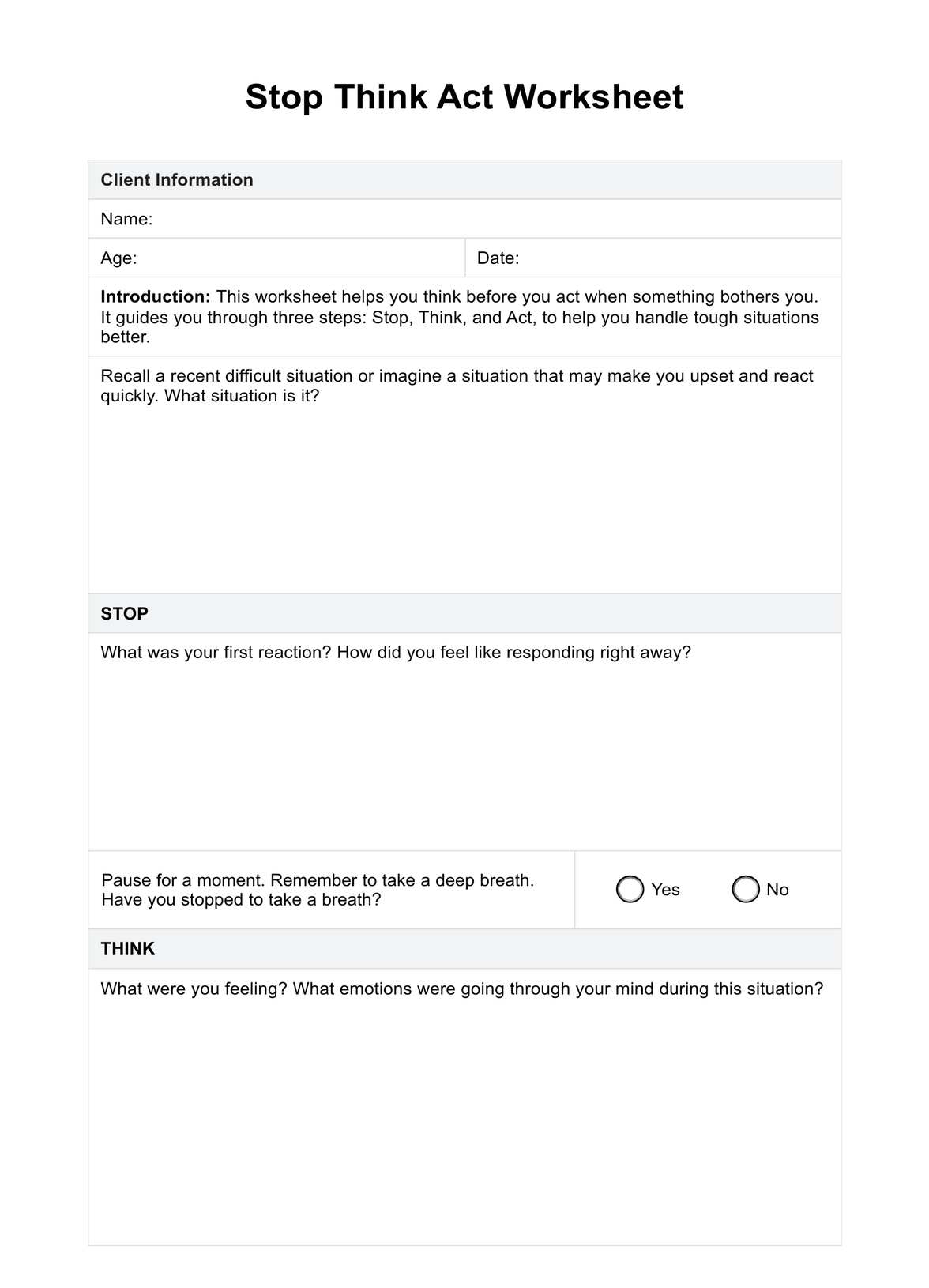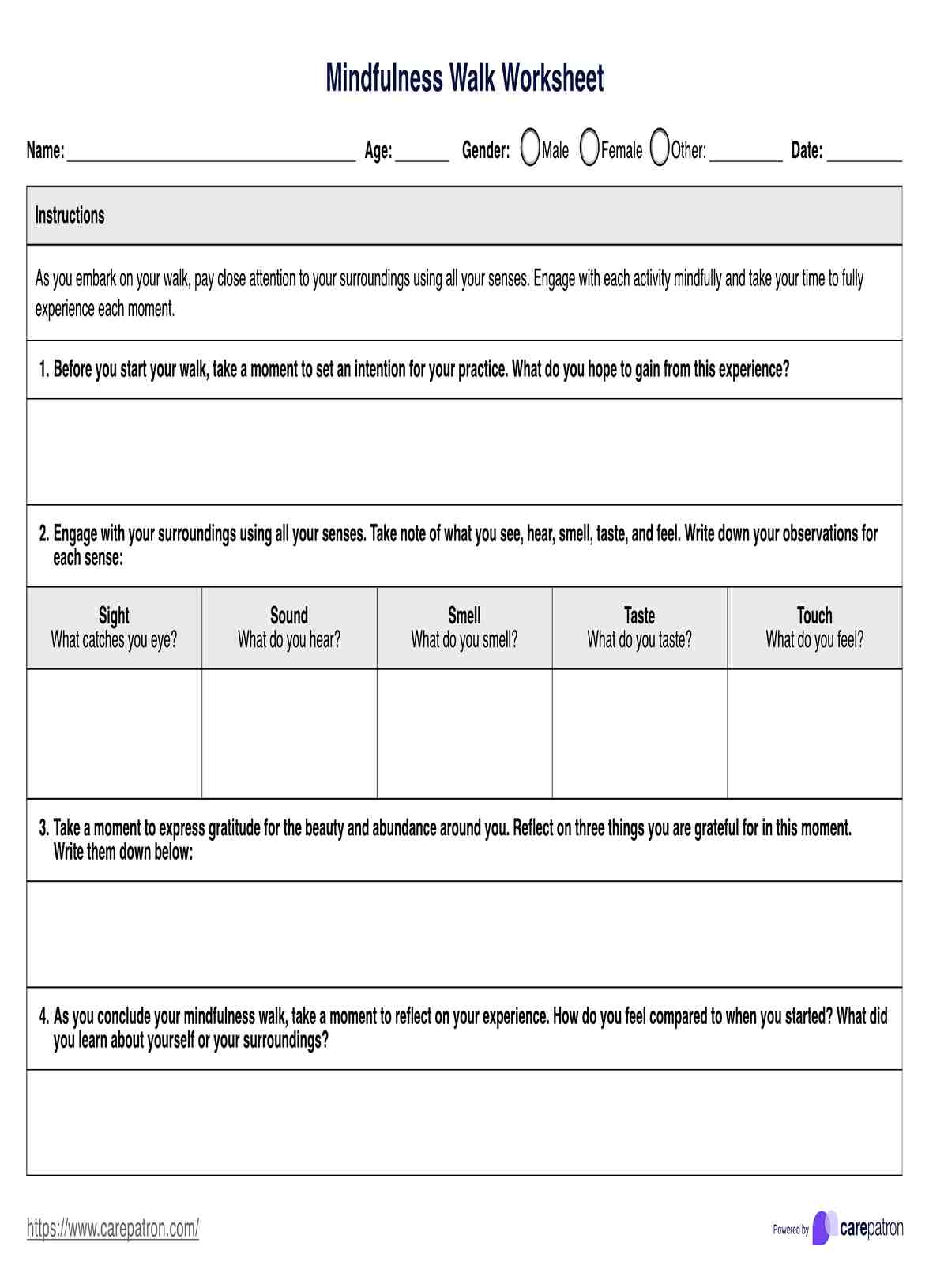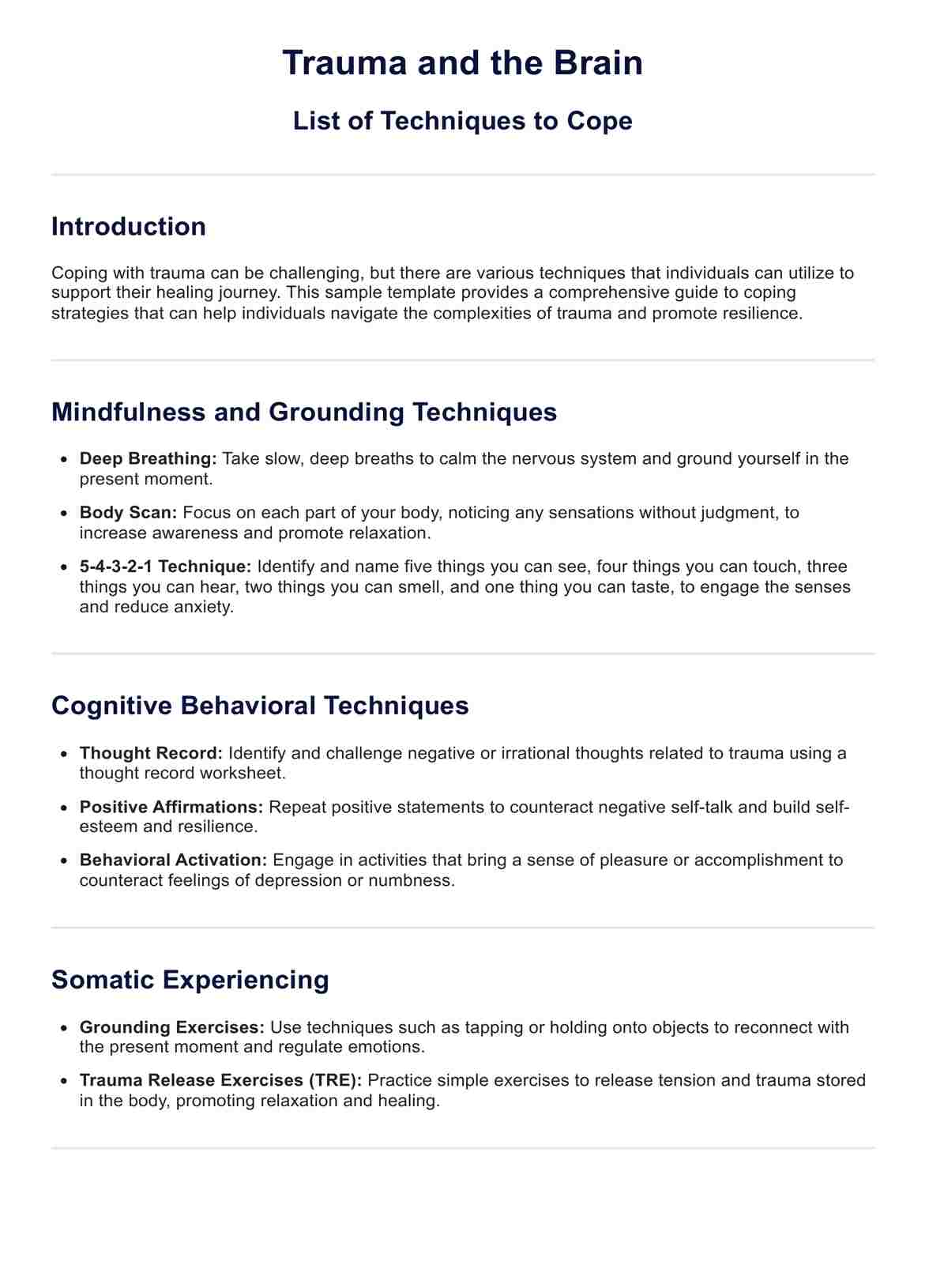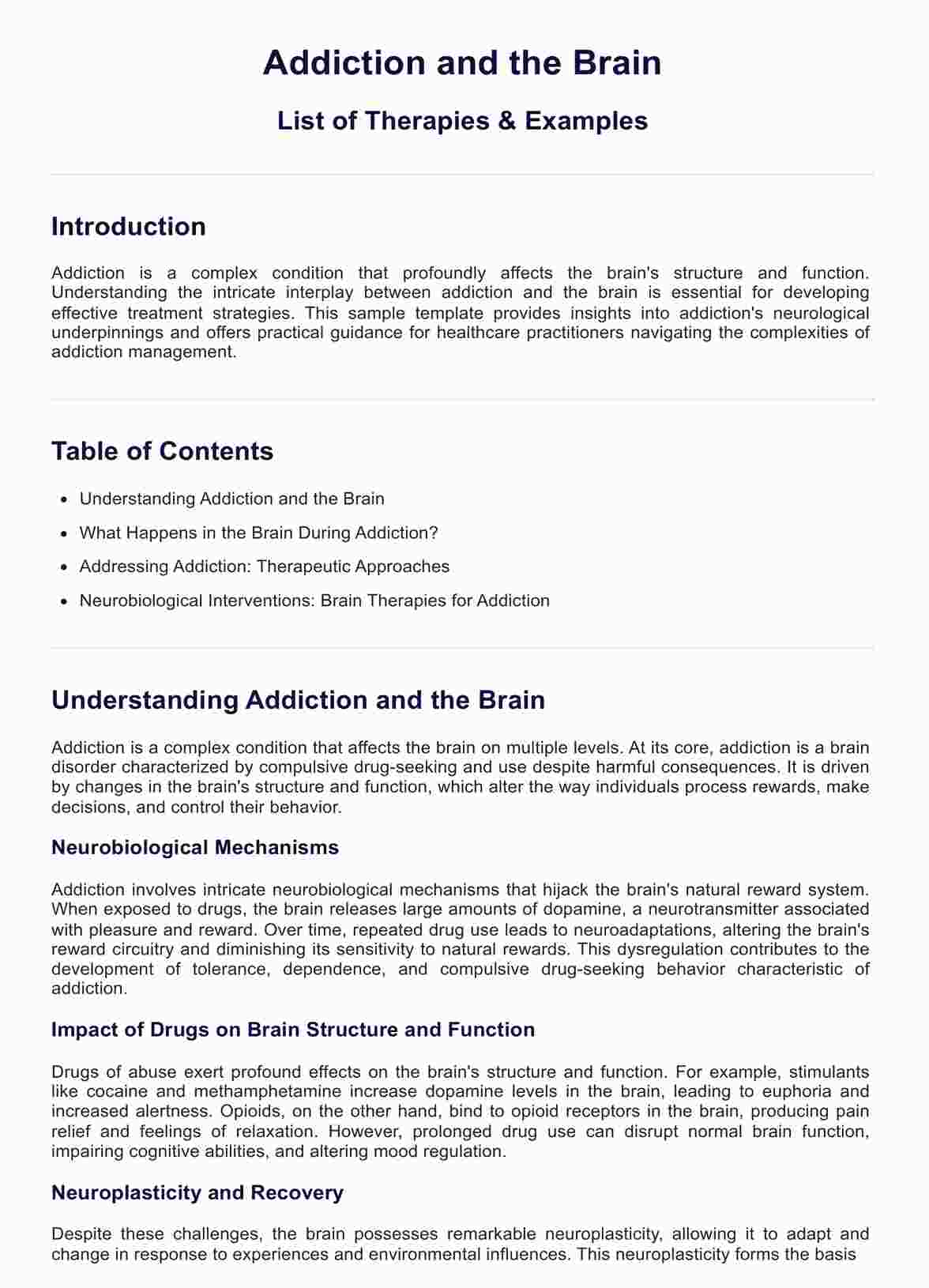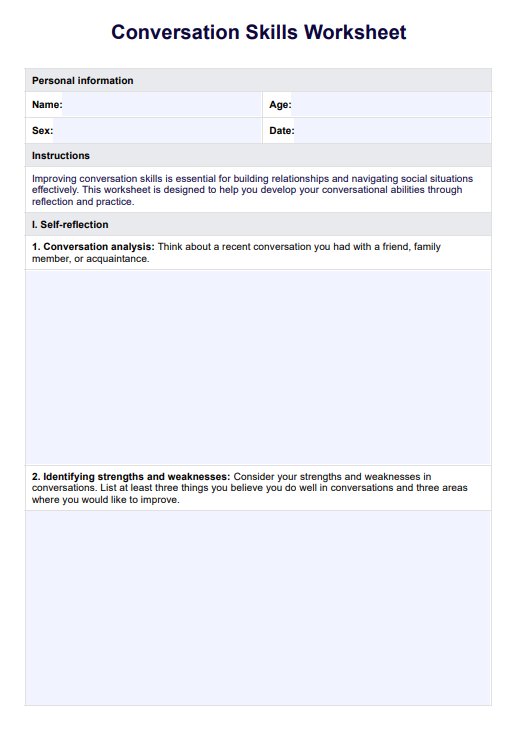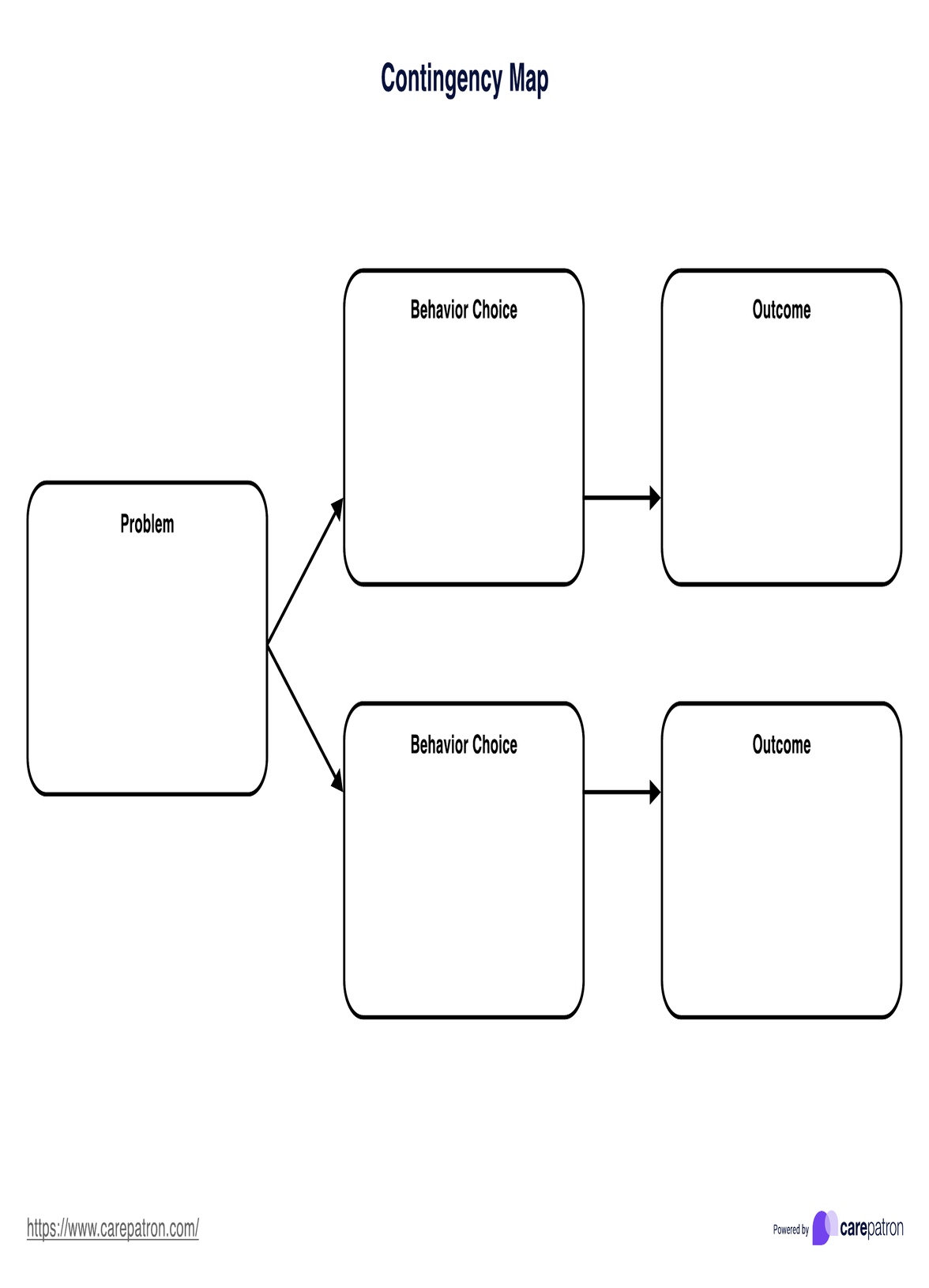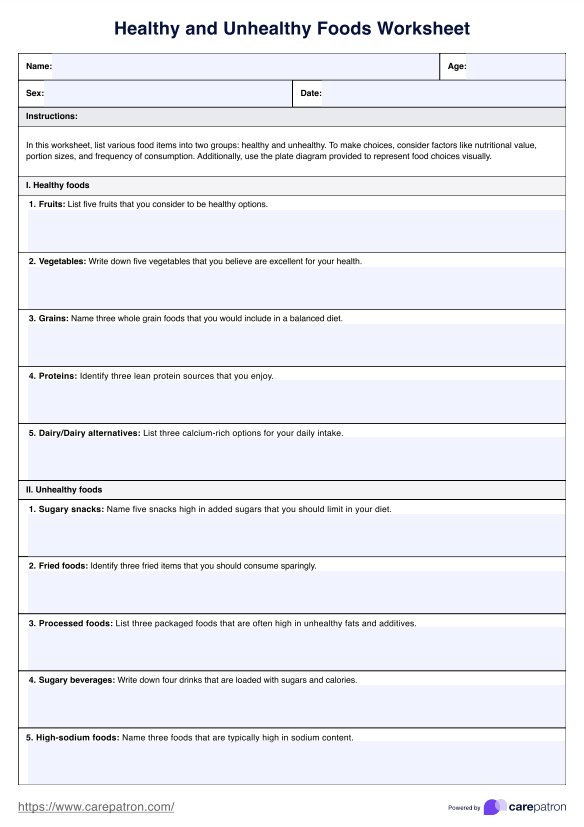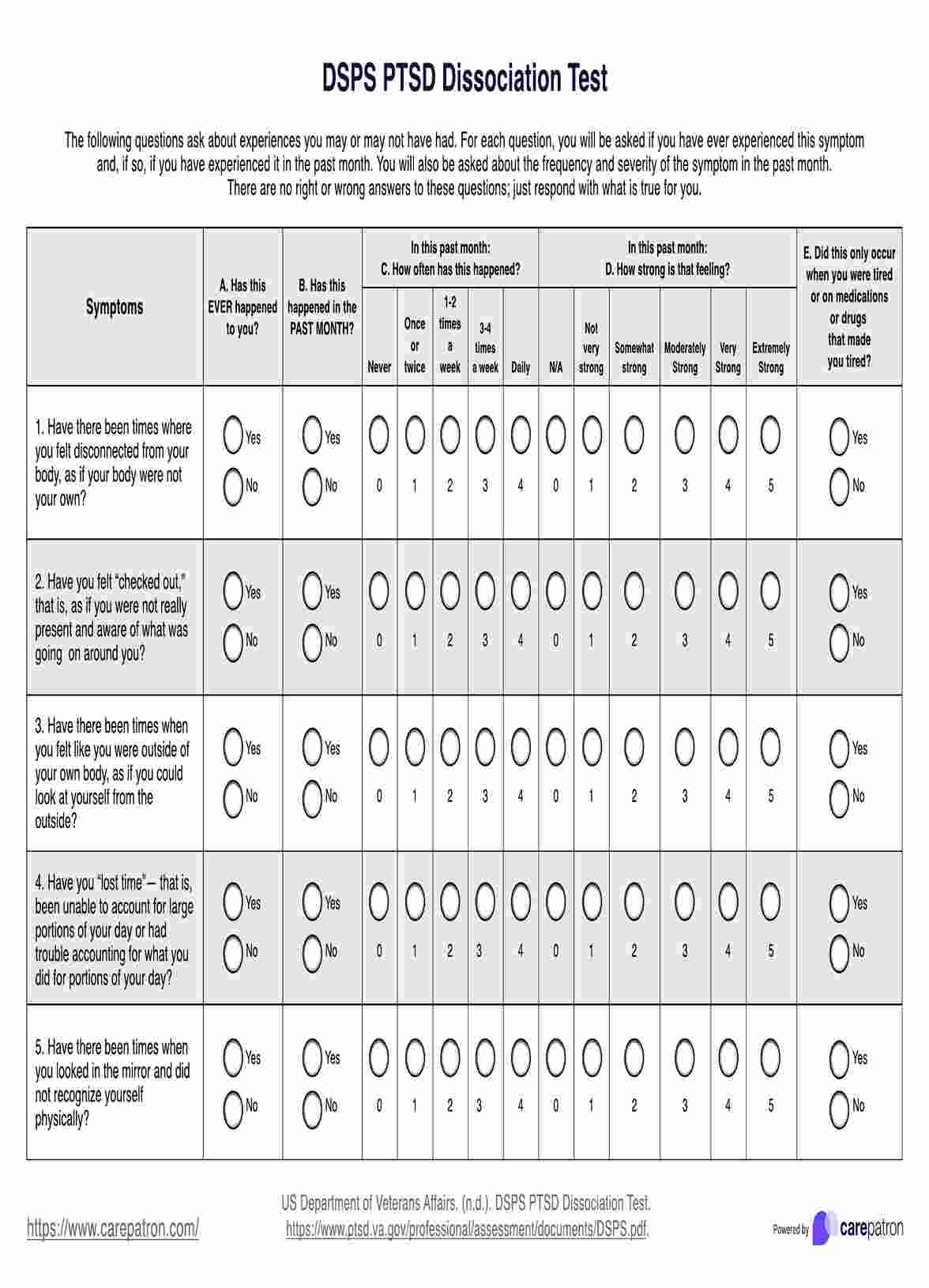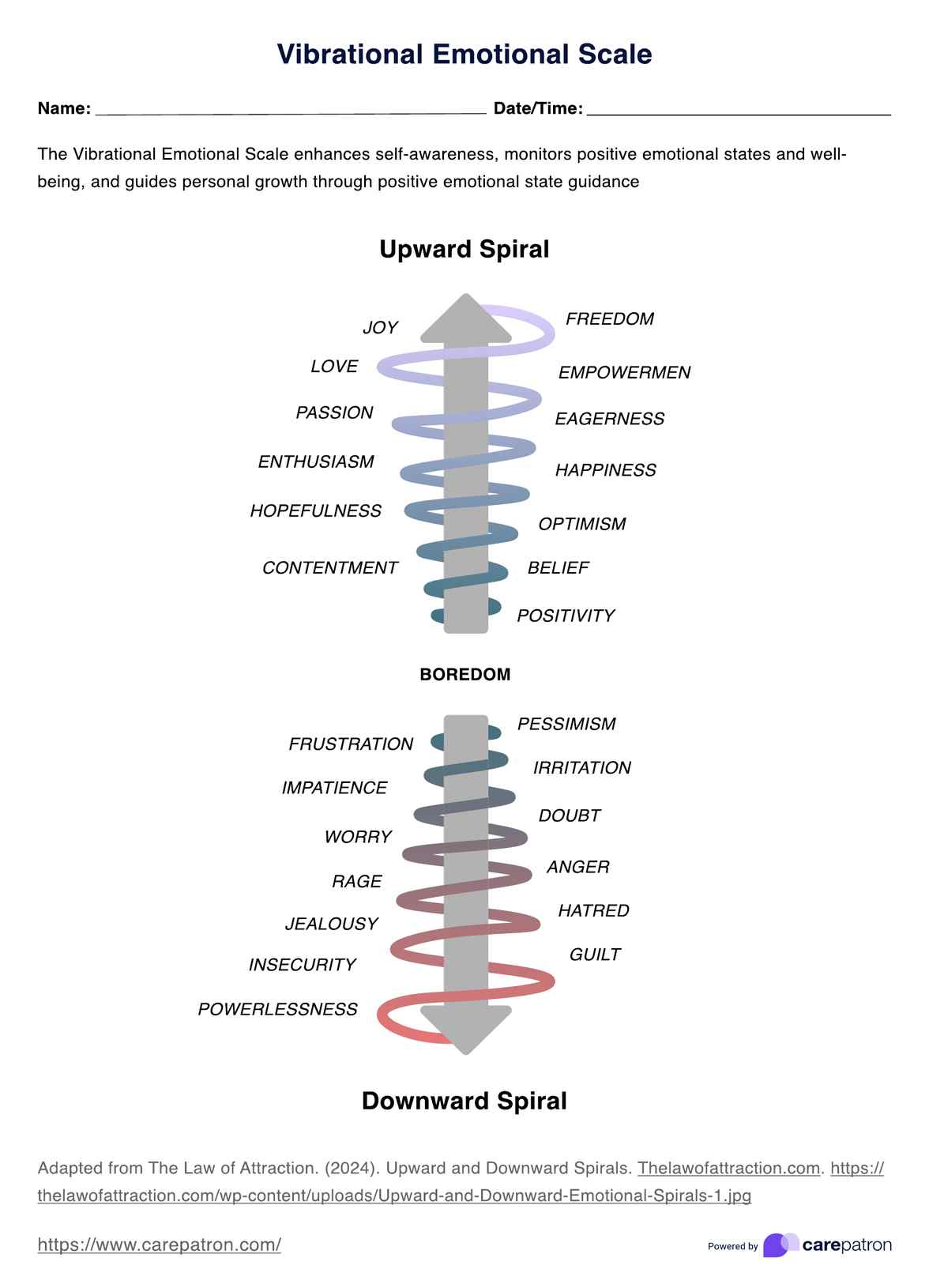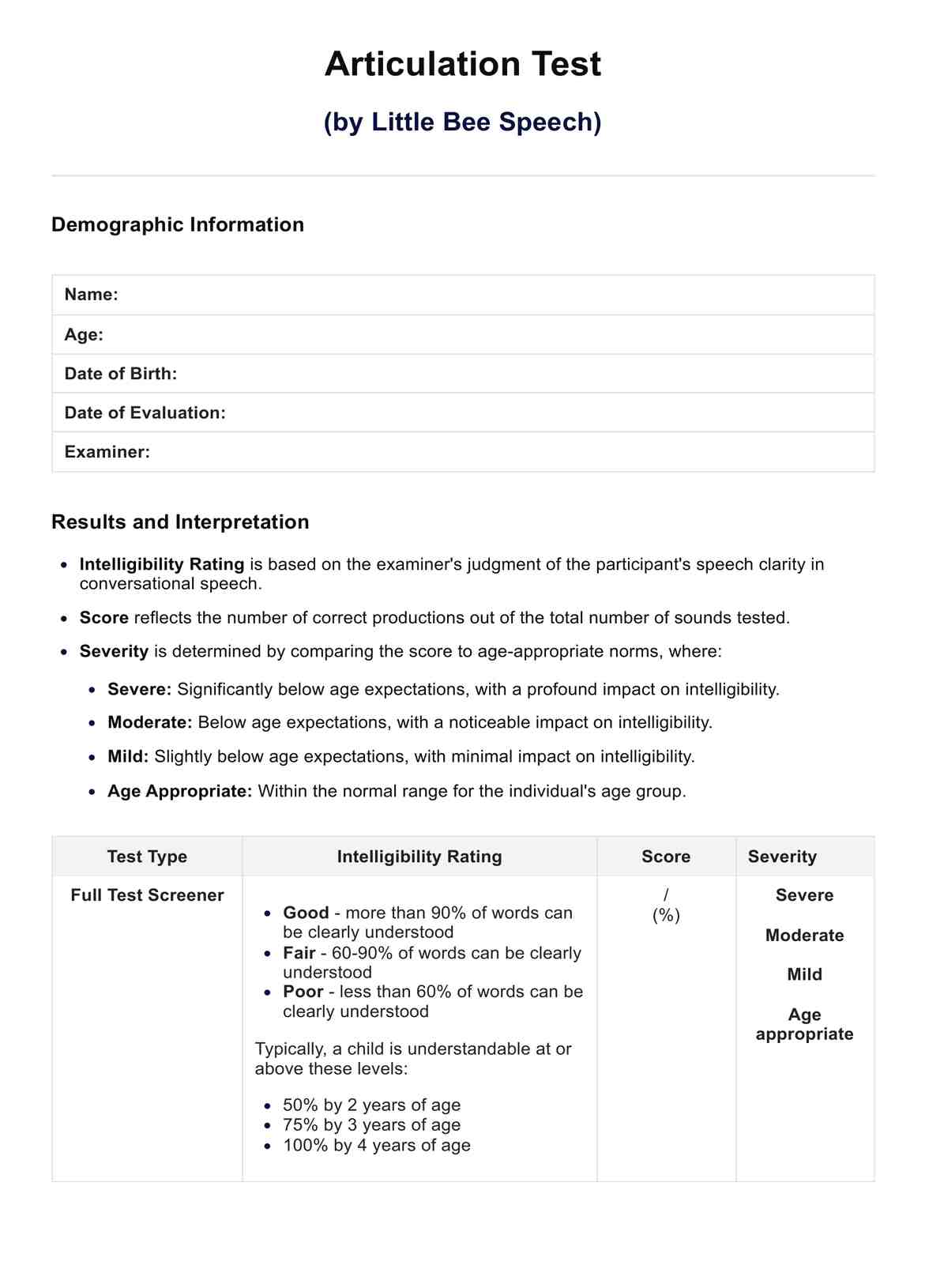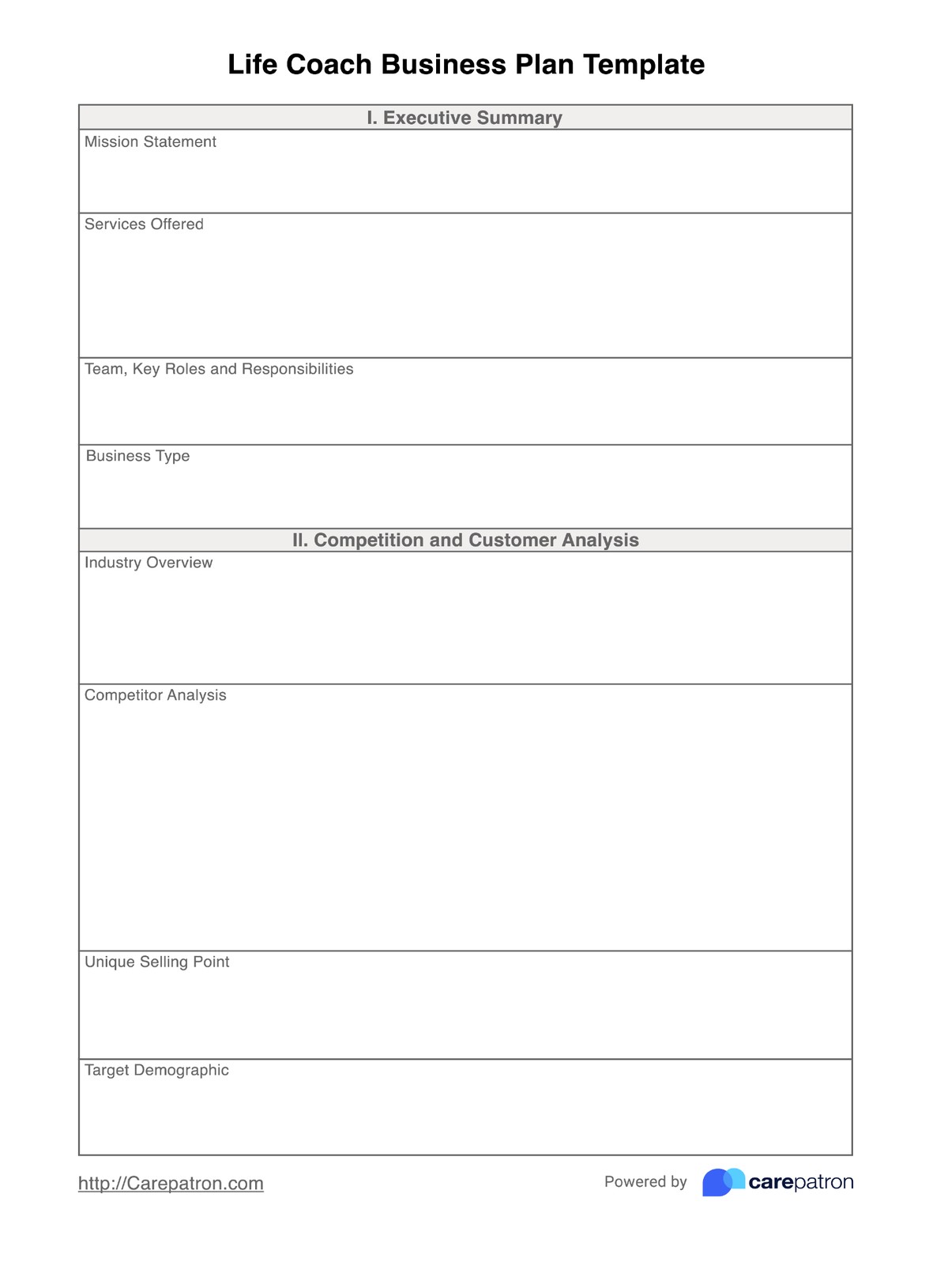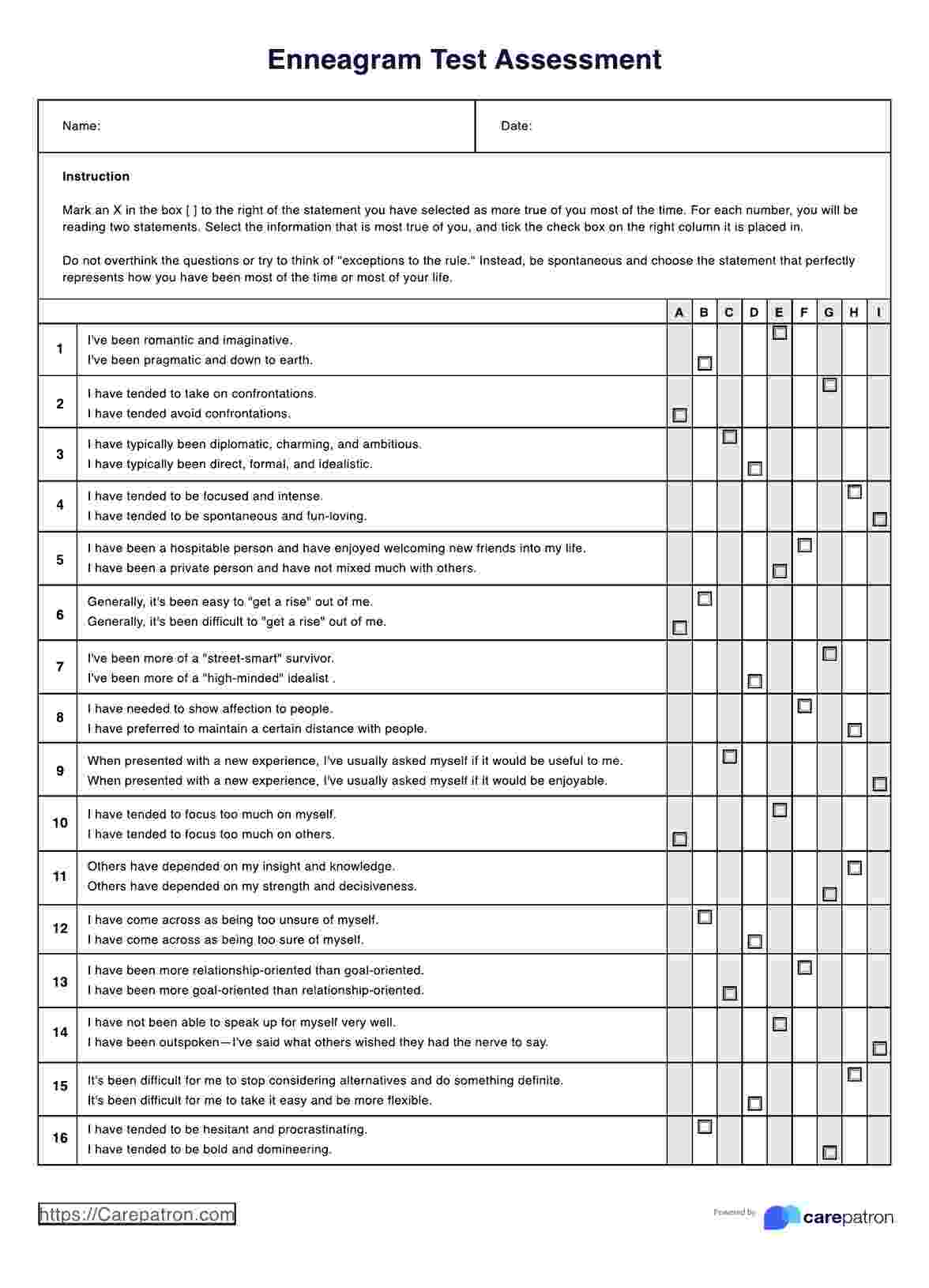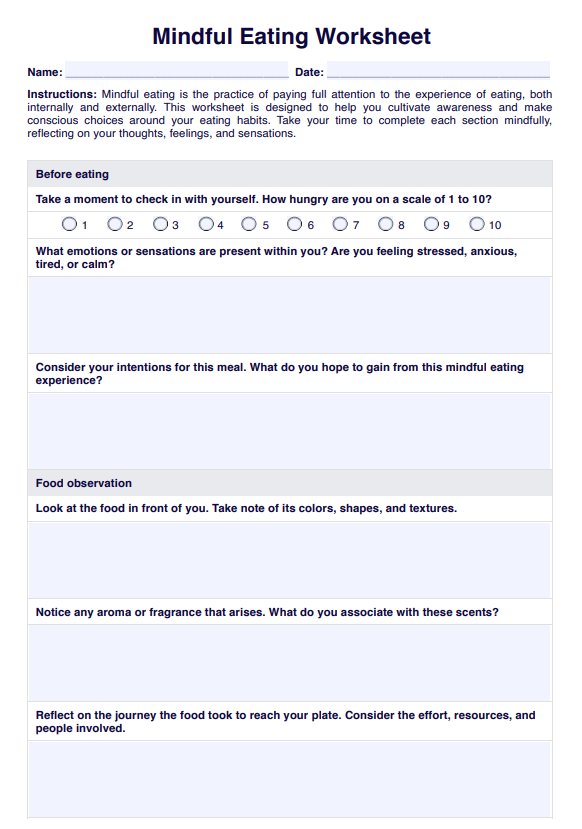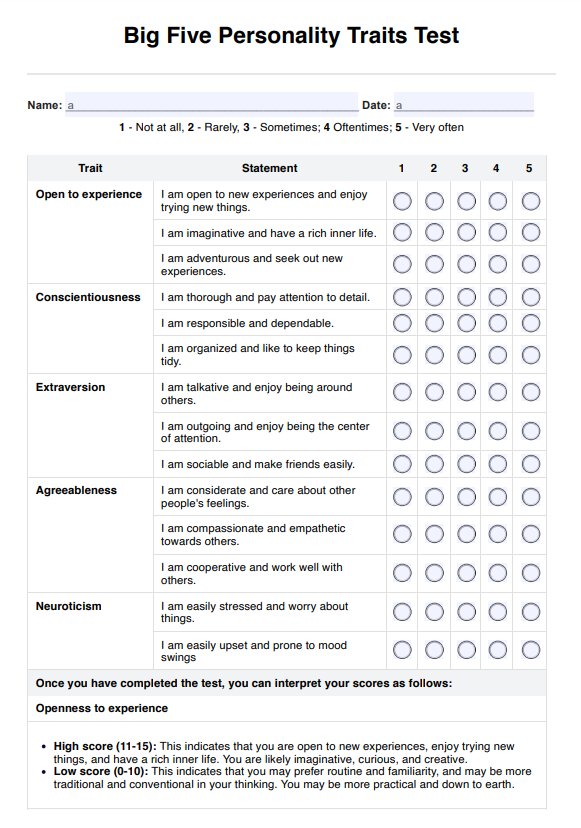Coaching Assessment Tools
Unlock client potential and drive results with a Coaching Assessment. Set clear goals, track progress, and identify strengths. Elevate coaching practice today!


What is a Coaching Assessment?
Coaching is like a lighthouse, guiding people on personal and professional growth journeys, and helping them find their true potential amidst uncertainty. It's like a compass in the wilderness, providing direction and empowering individuals to discover hidden treasures of growth and resilience within themselves.
A coaching assessment is an essential tool coaches use to facilitate a profound exploration of their clients' personalities, strengths, and growth areas. These assessments are widely employed in various coaching contexts, from life coaching to business and executive coaching.
come in various forms, each with merits and limitations. Common types include personality assessments, which evaluate introversion/extraversion and openness/close-mindedness. Values assessments that delve into a person's core beliefs, strengths assessments to identify areas of expertise and passion, and goal-setting assessments that assist in crafting achievable objectives and action plans.
Coaching Assessment Tools Template
Coaching Assessment Tools Example
How does it work?
The Coaching Assessment Template is a powerful and versatile tool designed to enhance coaching practices and support clients' personal and professional growth journeys. Here's how to use it effectively:
Step 1: Obtain a Template, and Introduce
After acquiring Printable Coaching Assessments, it is then followed by an introduction, and then the coach gathers essential client information, such as name, age, contact details, and relevant background information.
Step 2: Goal Setting and Client Objectives
In this step, the coach collaborates with the client to establish clear and achievable coaching goals. The template may provide prompts or questions to guide the discussion, helping the client articulate their aspirations, desired outcomes, and areas for development.
Step 3: Strengths and Areas for Development
The template prompts the coach to explore the client's strengths and areas where they seek improvement. This step aids in building on existing strengths while identifying potential obstacles or growth opportunities.
Step 4: Action Planning
During this stage, the coach and client develop a concrete action plan. The template may include sections outlining specific action steps, setting deadlines, and assigning responsibilities to ensure progress and accountability.
Step 5: Progress Tracking and Assessment
The Coaching Assessment Template allows for periodic evaluation of the client's progress. Coaches can record observations, track milestones, and document client performance, behavior, or mindset changes.
Step 6: Feedback and Reflection
In the final step, the coach provides constructive feedback to the client based on the assessment results and observations. This feedback session fosters insightful discussions, promoting self-awareness and further development. The coach and client can reflect on achievements, challenges, and lessons learned during the coaching journey.
When would you use this Coaching Assessment Template?
The Coaching Assessment Template is a versatile tool designed for various coaching scenarios to understand clients better and guide them effectively throughout the coaching process. Coaches can utilize Coaching Assessments in the following situations:
Beginning of Coaching
Collect essential client information, set goals, and identify strengths and areas for development to establish a foundation for coaching.
Regular Progress Assessment
Track client's development, review goals and make adjustments to ensure coaching stays on track.
Goal Setting and Action Planning
Collaboratively set clear and achievable goals with clients, outlining specific actions and timelines to guide their progress.
Feedback and Reflection
Provide constructive feedback to aid client insights and progress, fostering meaningful discussions.
End of Coaching Evaluation
Coaching assessment tools can assess overall coaching effectiveness and reflect on achievements, enabling valuable learning.
Tailoring Coaching Approaches
Customize coaching techniques based on each client's unique qualities and preferences.
Identifying Client Challenges
Identify barriers and offer additional support when needed to overcome challenges.
Client Self-Reflection
Empower clients to assess their progress, recognize achievements, and identify areas for further growth, promoting self-awareness.
Benefits
Here is the range of benefits that can significantly enhance the coaching process
Clear Guidance
Coaches can rely on the template's clear instructions and question prompts to effectively guide them through the assessment process. This clarity helps coaches stay focused and ensures consistency in evaluating different clients.
Tailored Interventions
The template's assessment results allow coaches to tailor their coaching interventions to meet each client's needs and developmental areas. By understanding clients' strengths and challenges, coaches can design personalized action plans for maximum growth.
Measurable Progress
The coaching assessment tool template enables coaches to monitor clients' progress. Coaches can track improvements and celebrate achievements by comparing assessments conducted at different stages of the coaching journey.
Client Empowerment
The Free Coaching assessments empower clients by involving them actively in the coaching process. Through self-assessment and reflection, clients gain a deeper understanding of their capabilities and areas for improvement.
Goal-Oriented Coaching
The template facilitates goal-setting and action planning by prompting clients to identify specific, measurable, and time-bound objectives. This structured approach ensures that coaching sessions remain focused and result-driven.
Data-Driven Decision Making
Coaches can rely on the template's data to make informed decisions about the coaching process. The assessment results provide valuable insights into the client's development, helping coaches adapt their strategies as needed.
Increased Client Satisfaction
Clients are more likely to feel satisfied with the coaching process when they see clear evidence of their growth and progress. The template's structure and goal-oriented approach contribute to a positive coaching experience.
Research & Evidence
The history of coaching assessments is relatively short, with the first assessments emerging in the early 1990s. However, their usage has experienced rapid growth in recent years. A growing body of research supports the effectiveness of coaching assessments in assisting clients.
These assessments help individuals gain deeper self-awareness, recognize their strengths and areas for development, set realistic goals, and create action plans for achievement. Clients using coaching assessments are likelier to report progress toward their goals and express higher satisfaction with the coaching process.
Studies have also shown that coaching assessments can enhance leadership development. Clients who utilize these assessments demonstrate increased confidence in their leadership abilities and are perceived as more effective leaders by their colleagues. Although research on coaching assessments is still evolving, the existing evidence suggests that they are valuable tools in helping clients achieve their objectives.
References
Grant, A. M. (2012). The Coaching Habit: Say Less, Ask More, and Change the Way You Lead Forever. FranklinCovey.
Grant, A. M., Green, L. S., & Rynsaardt, J. (2011). The impact of coaching on leadership effectiveness: A review of the evidence. Journal of Leadership Studies, 5(1), 72-85.
Passmore, J., & Oades, L. (2008). The effectiveness of executive coaching: A review of the literature. International Journal of Evidence Based Coaching and Mentoring, 6(1), 1-16.
Commonly asked questions
Coaching assessments benefit coaches in aiding their clients' self-awareness and development, while individuals can utilize them to gain self-understanding and identify areas for improvement. It is helpful for career assessment, coaching Indianapolis, and many more. Organizations can also employ it to assess employees' strengths and weaknesses, identify development needs, and design training programs.
Coaching assessments are versatile tools that can be used at any stage of the coaching process. Still, they are commonly employed in the initial steps to enhance self-awareness and identify areas for improvement. Assessments can help clients overcome obstacles throughout the coaching journey and monitor their progress effectively.
Coaching assessments serve various purposes, such as enhancing self-awareness, identifying areas for development, and tracking client progress. They offer insights into clients' personalities, values, and strengths, enabling coaches to tailor effective coaching plans that lead to personal growth and development.


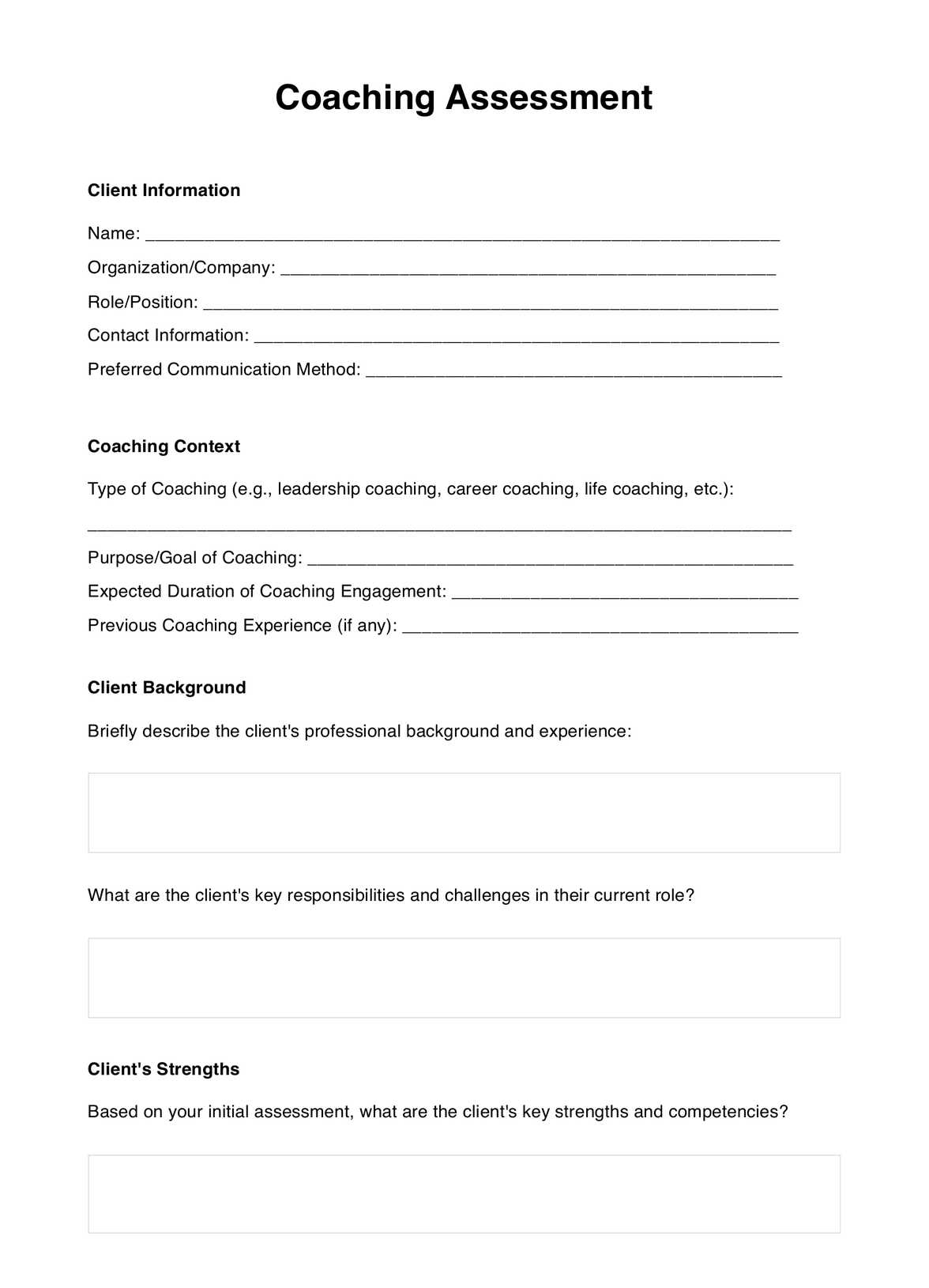
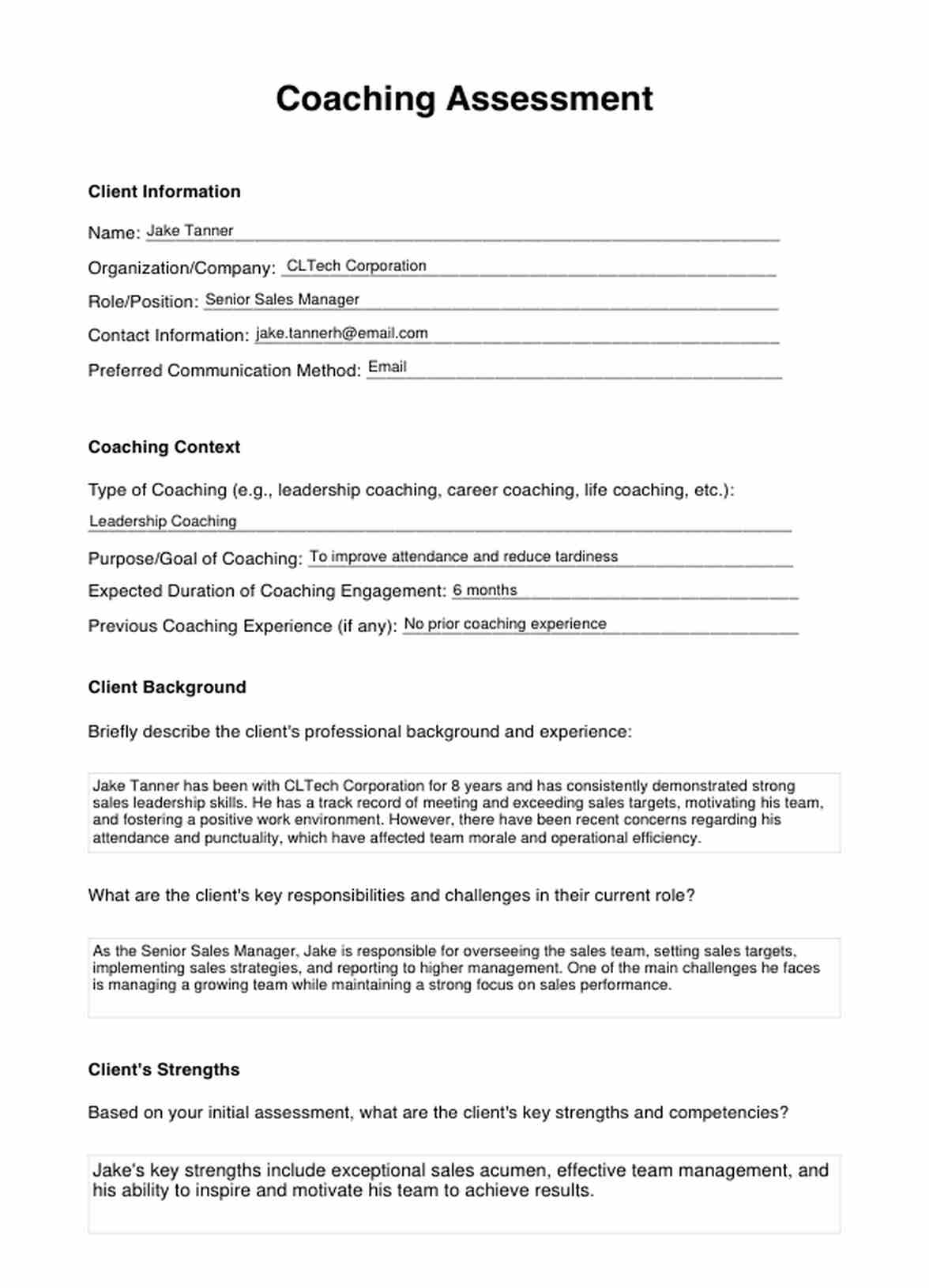

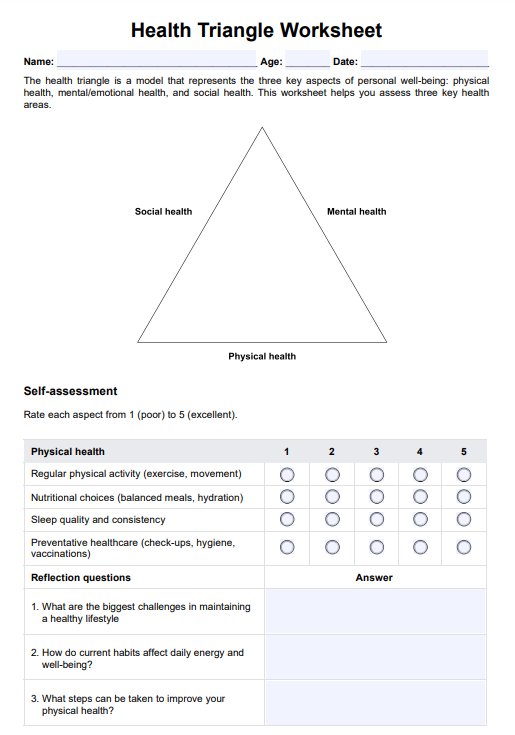
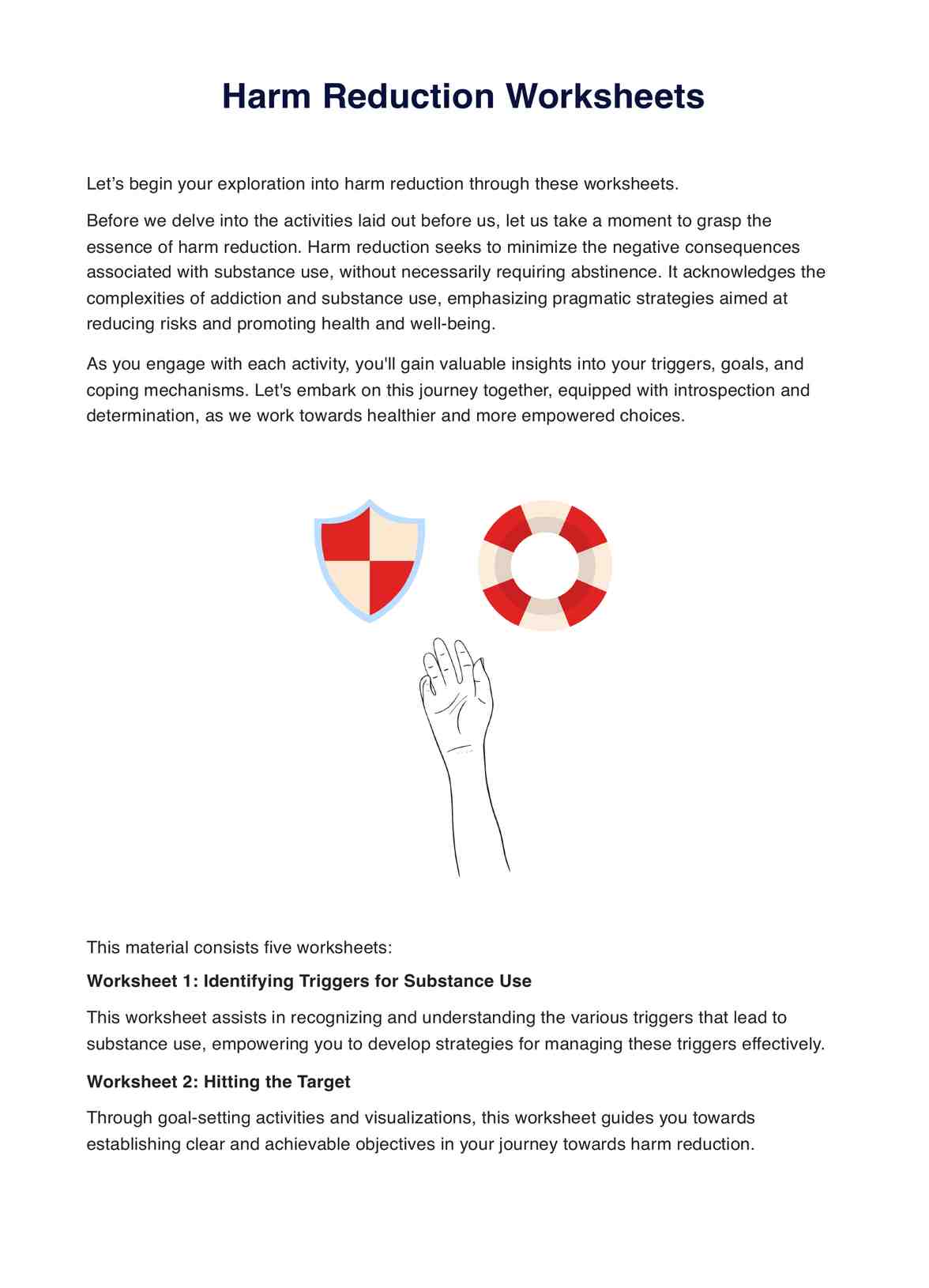
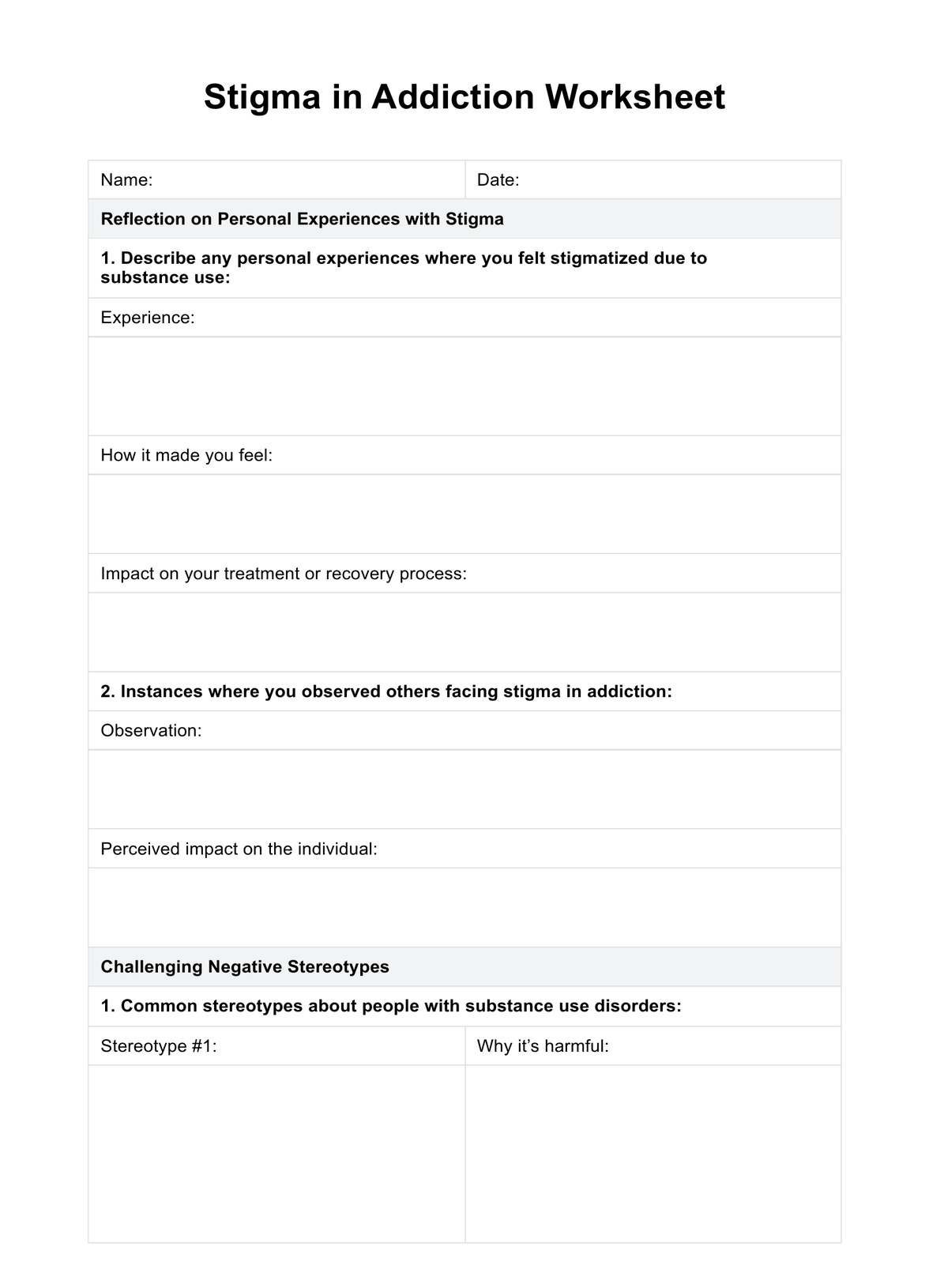








-template.jpg)

























